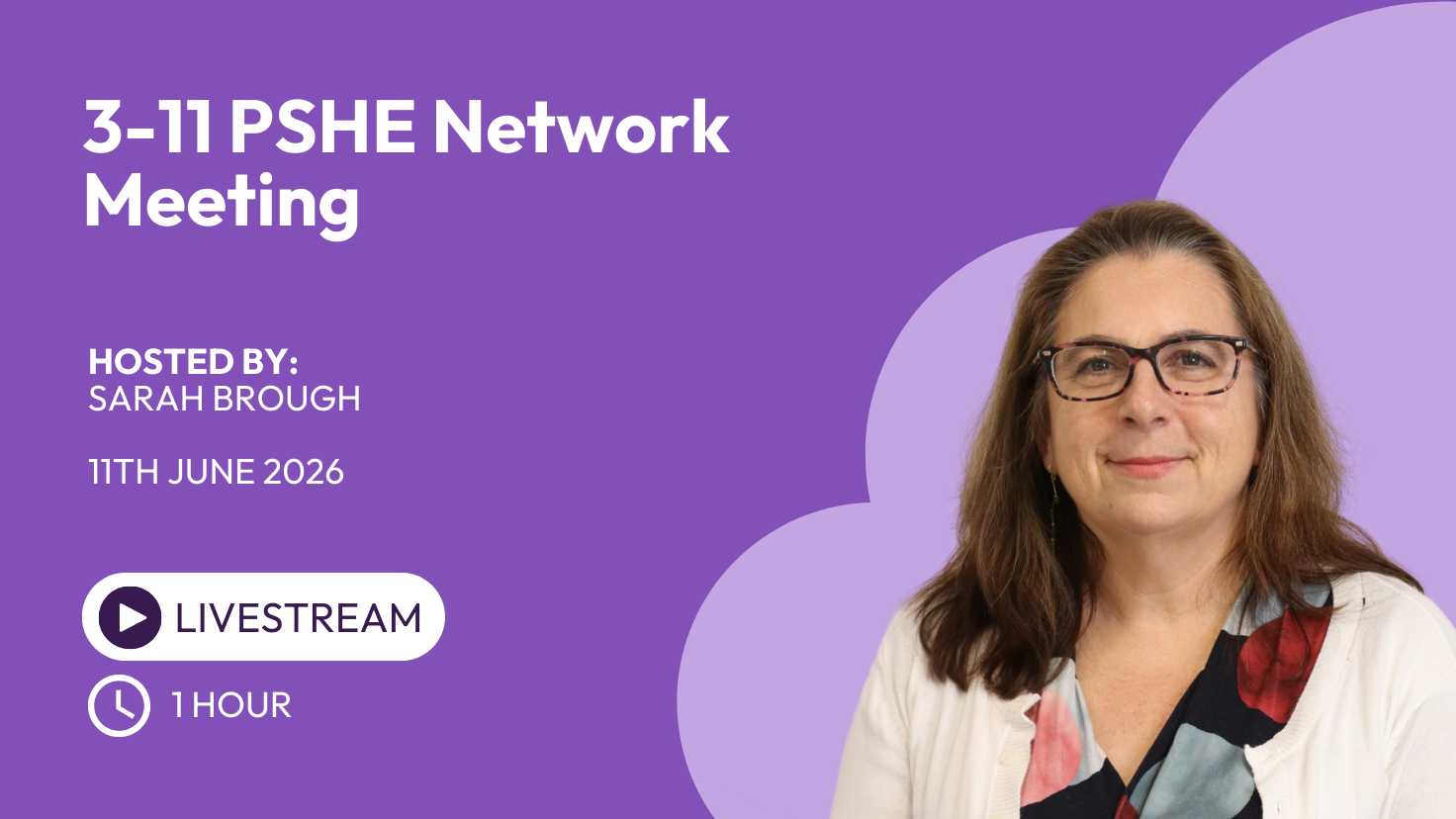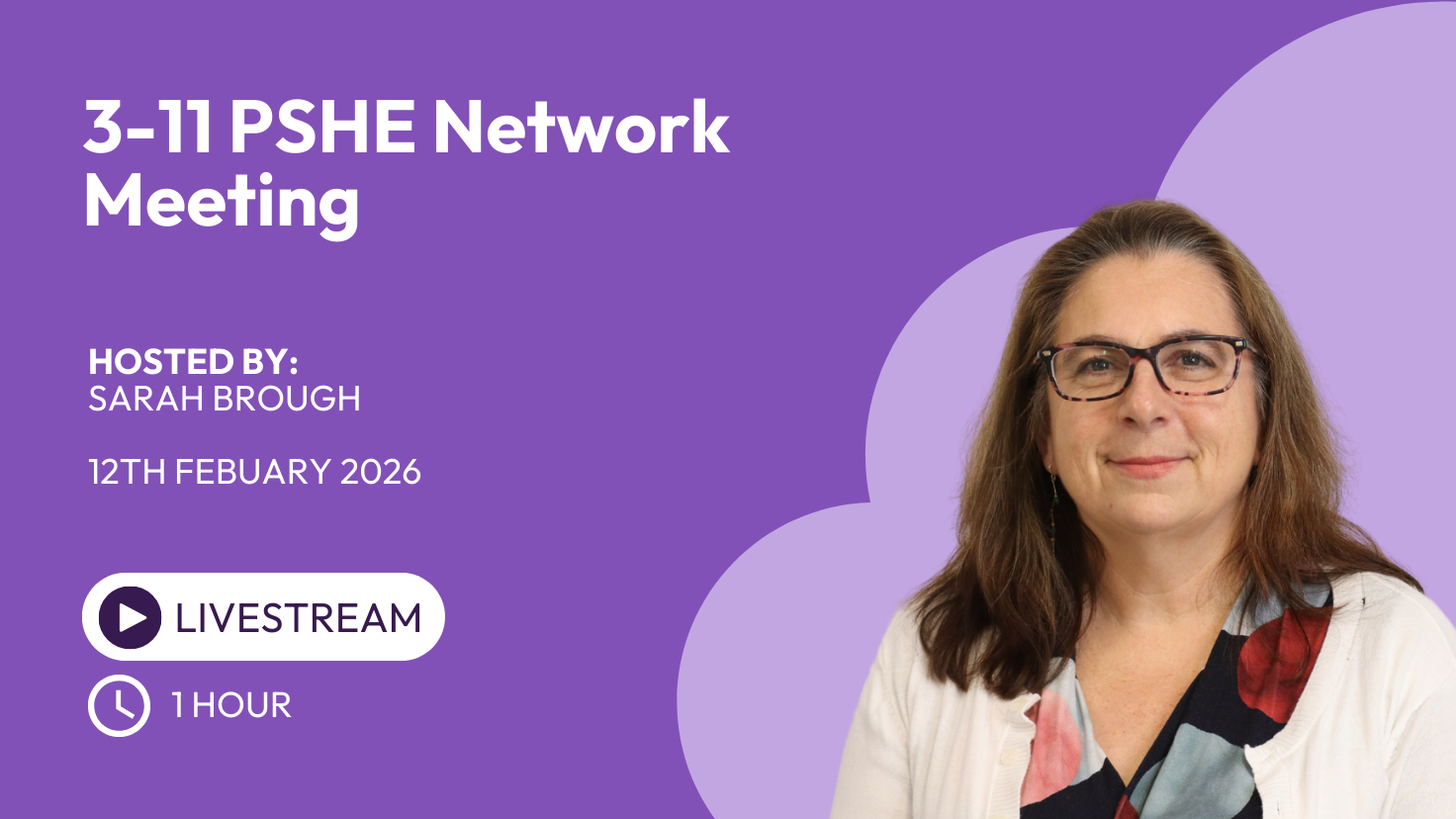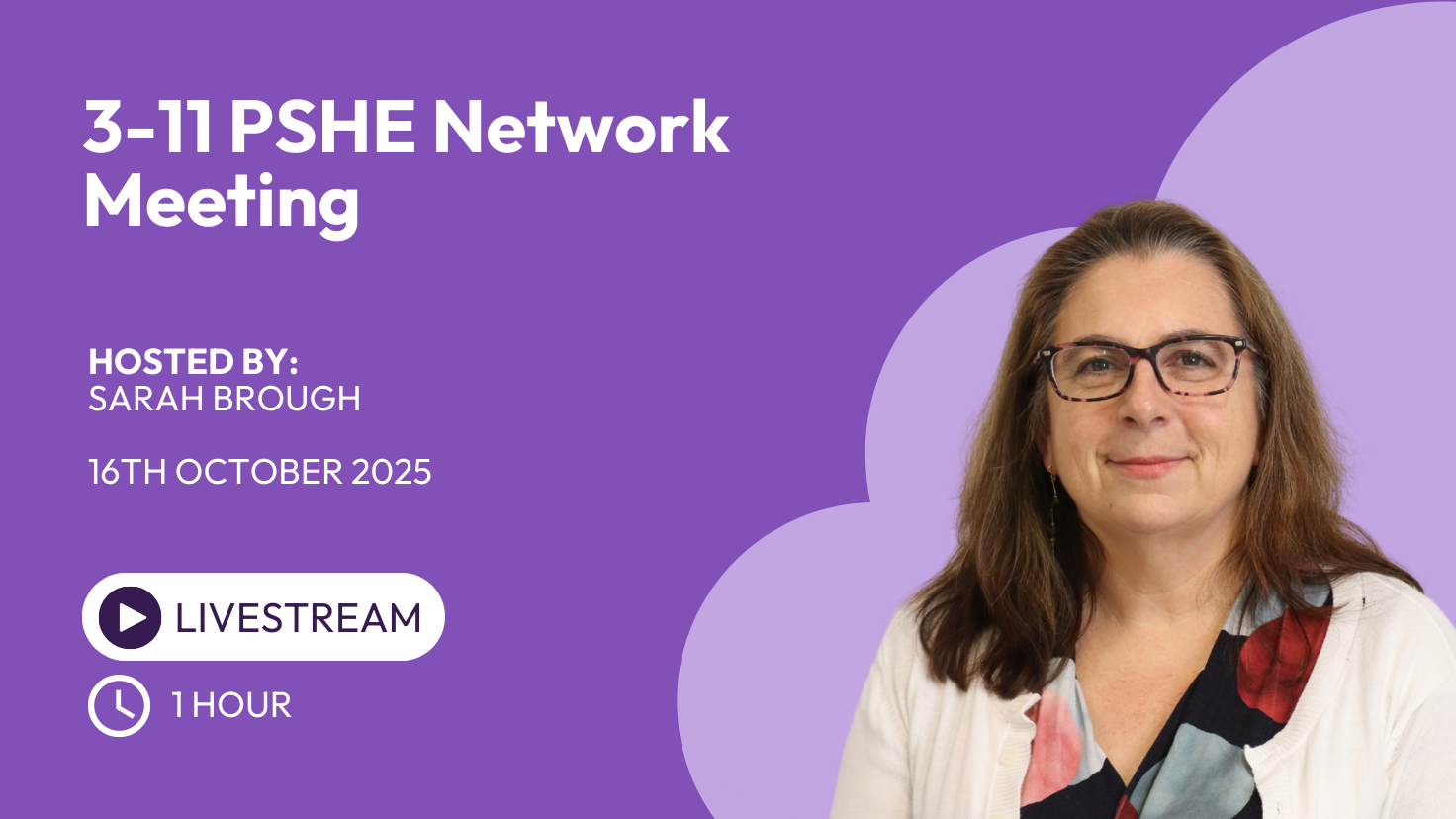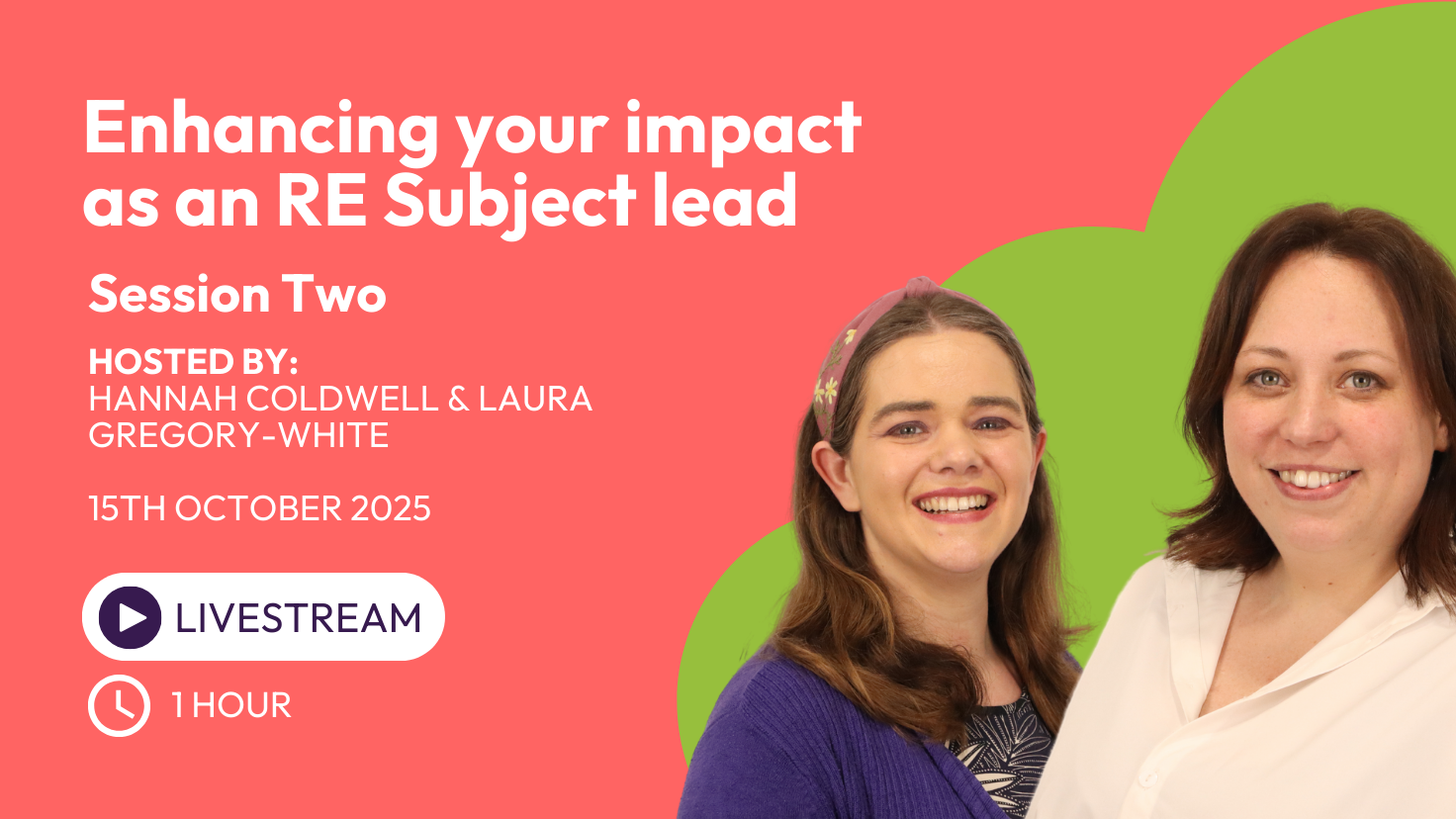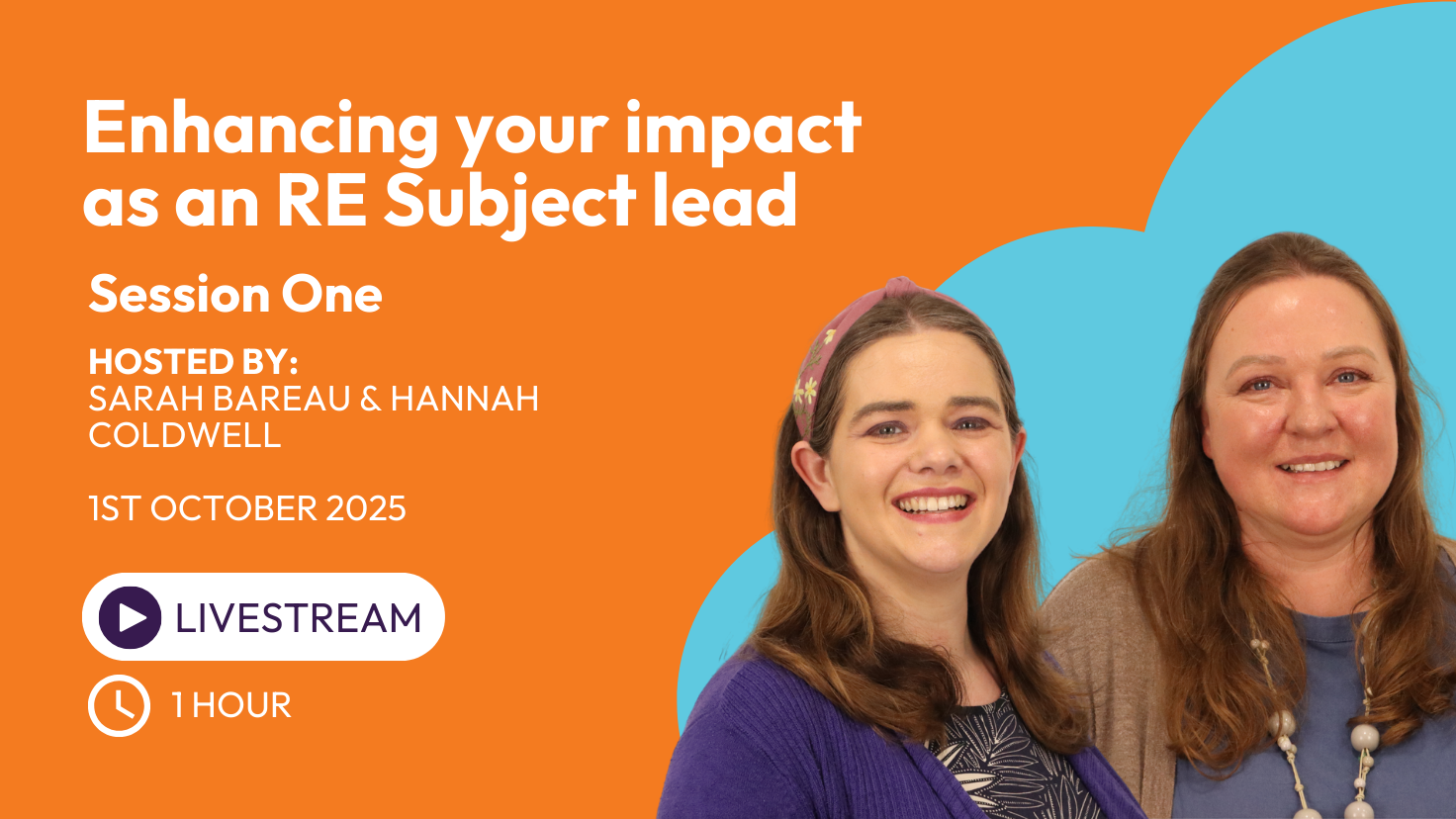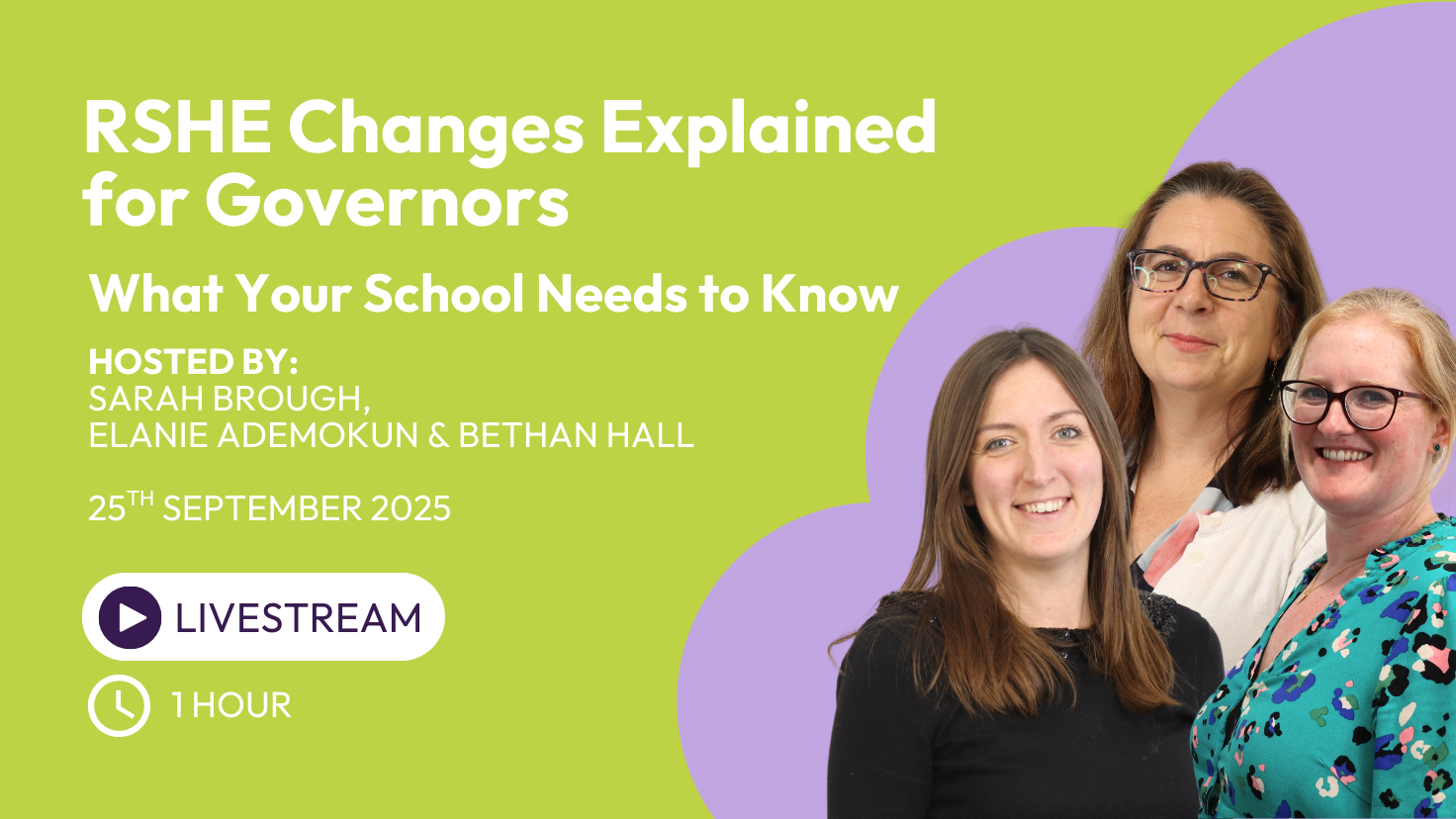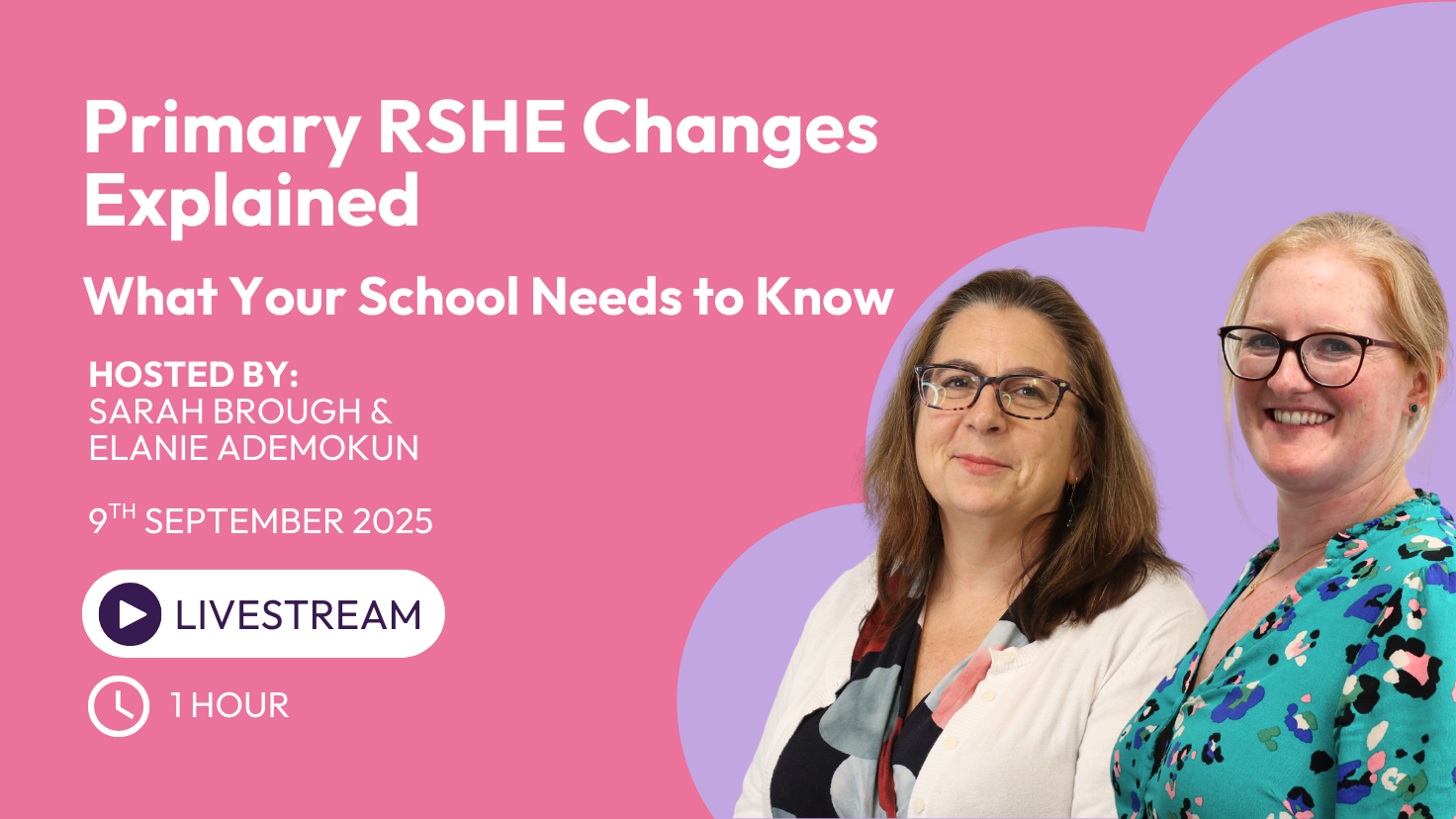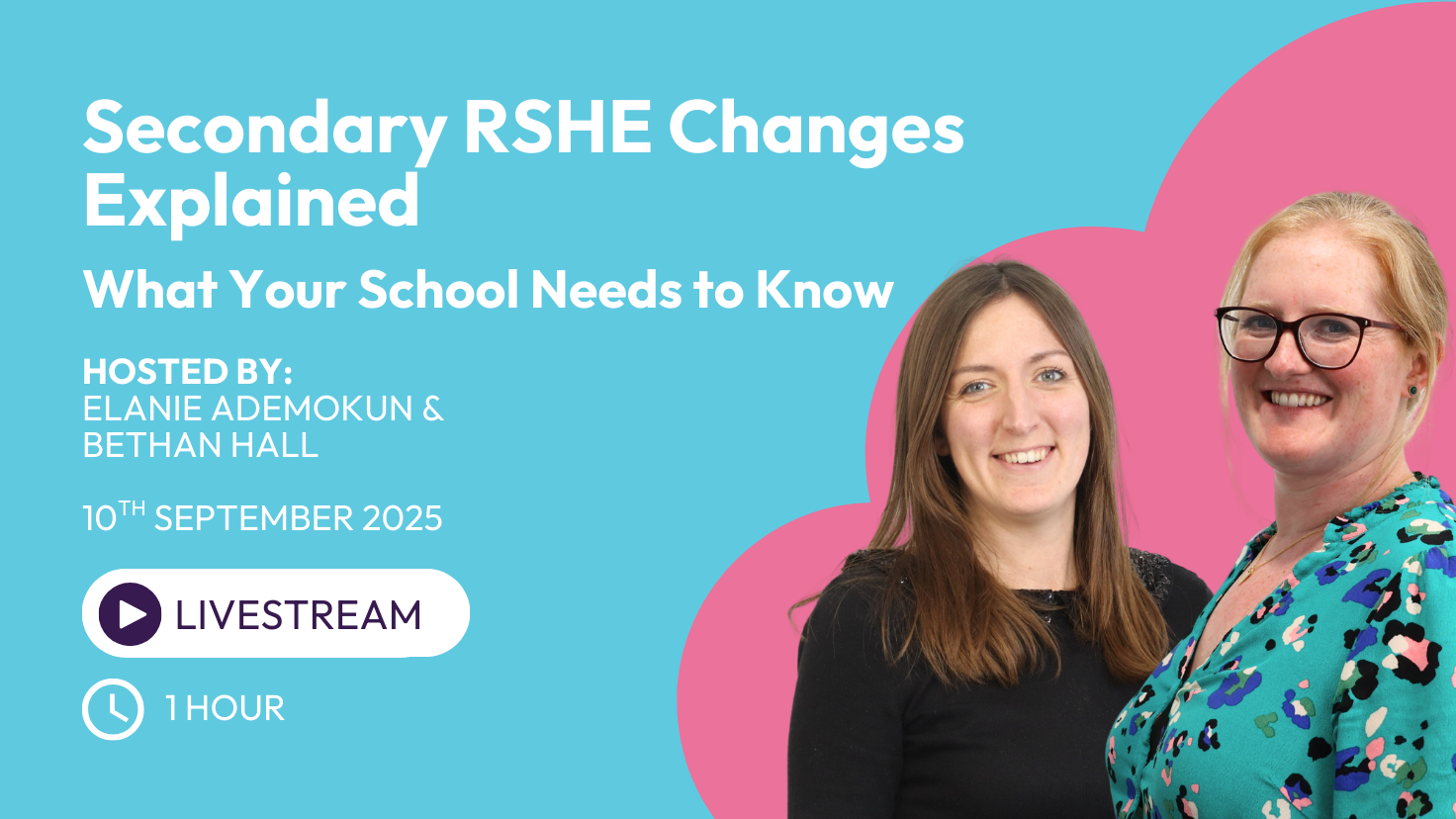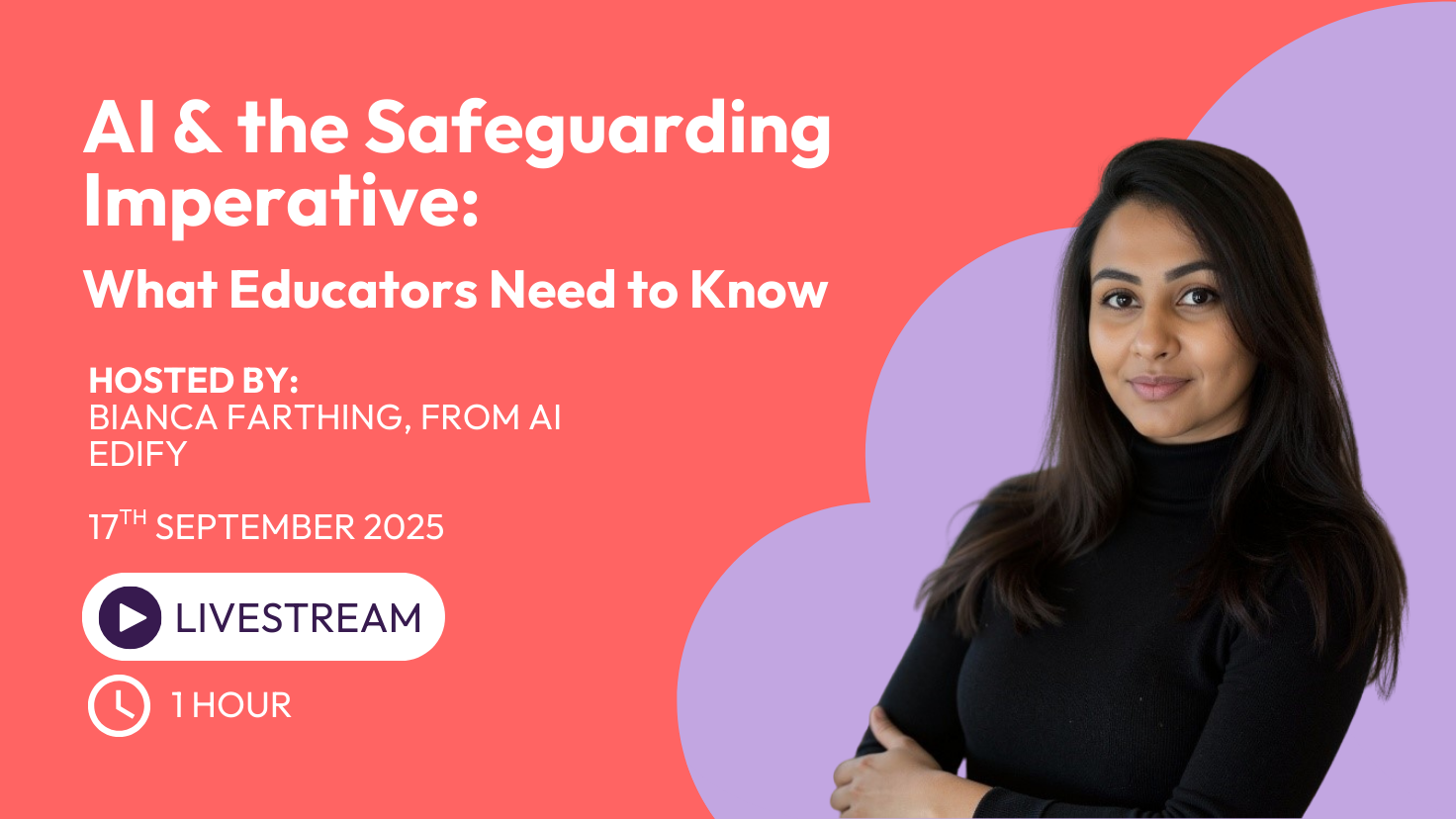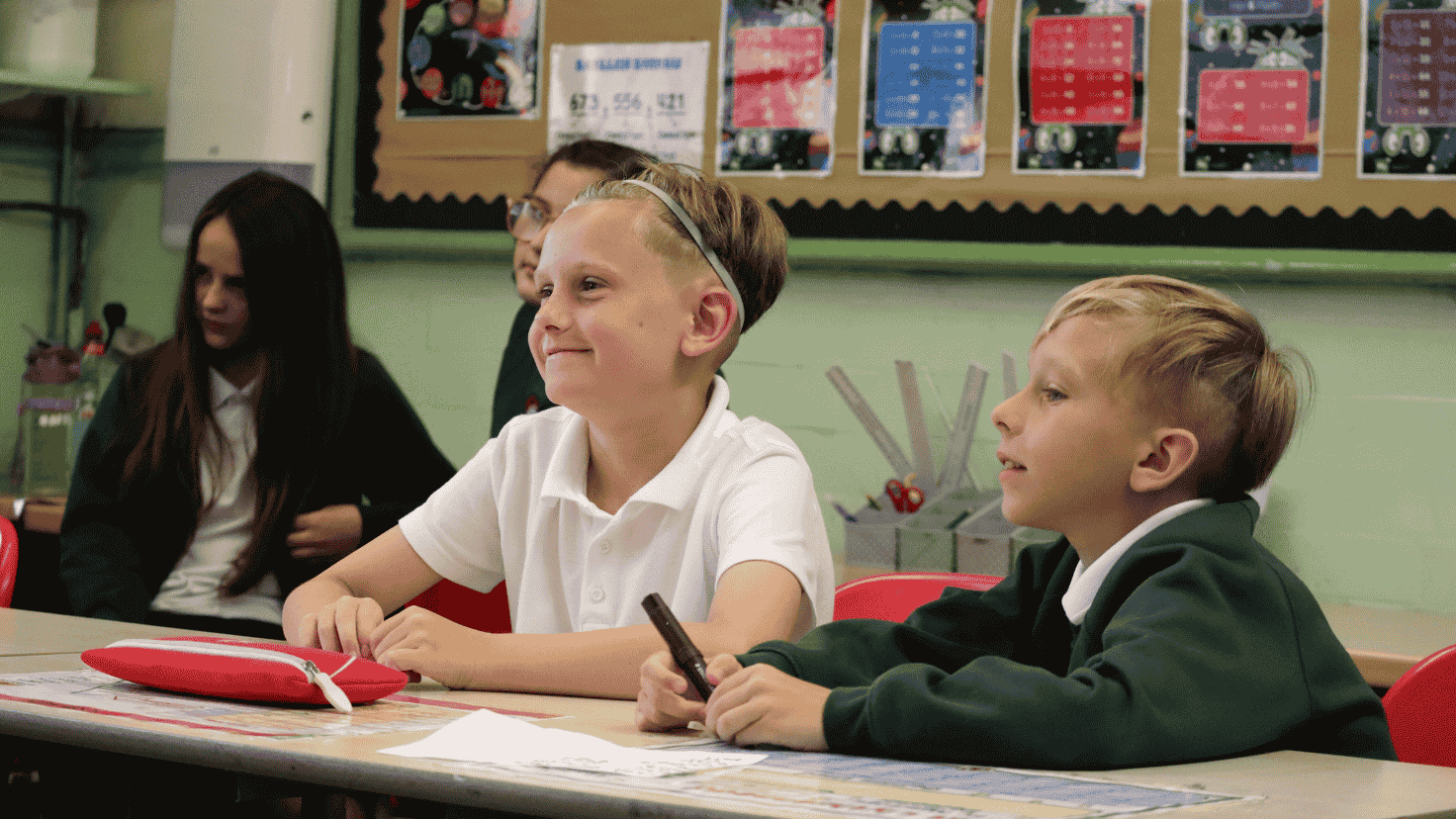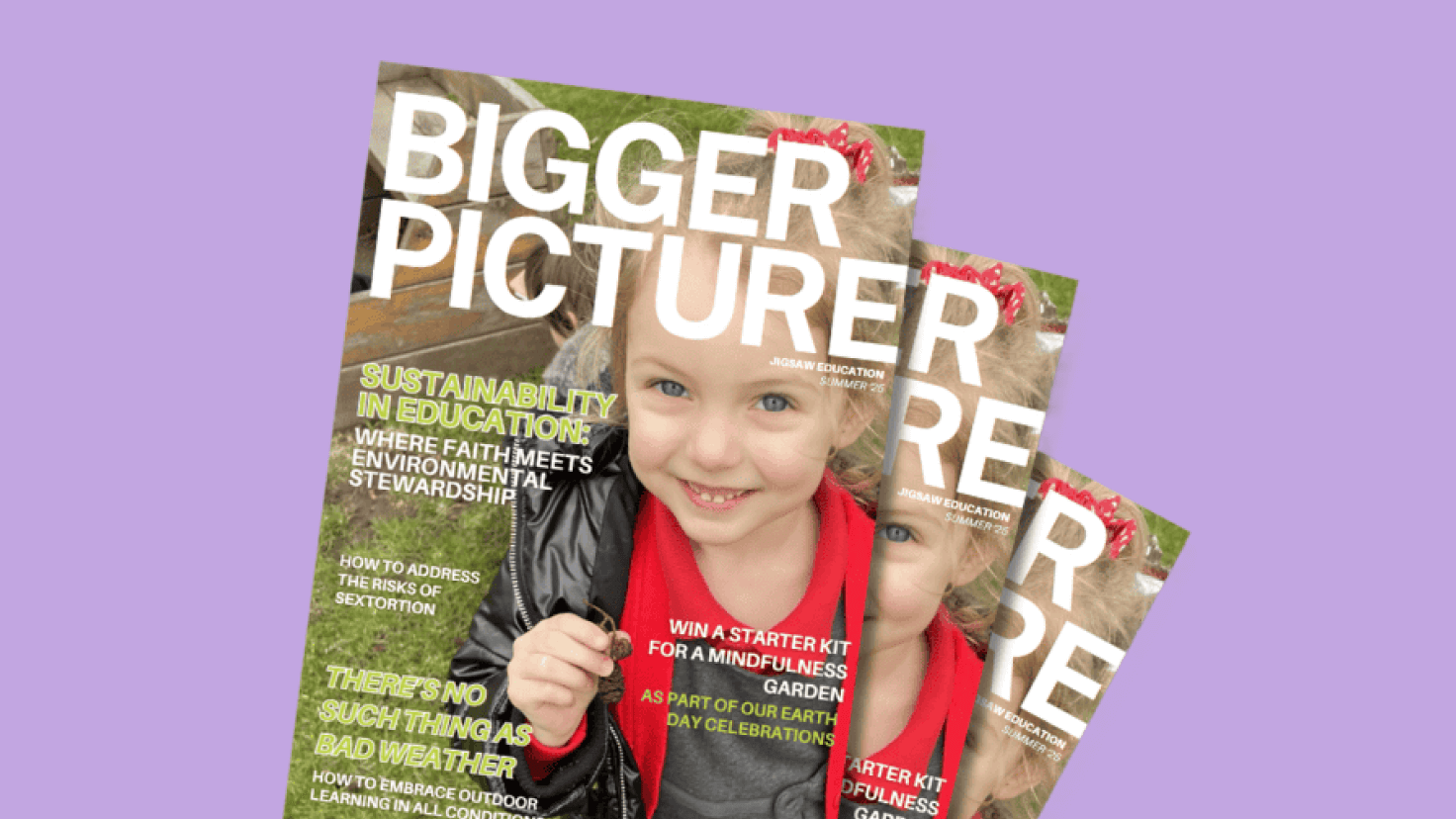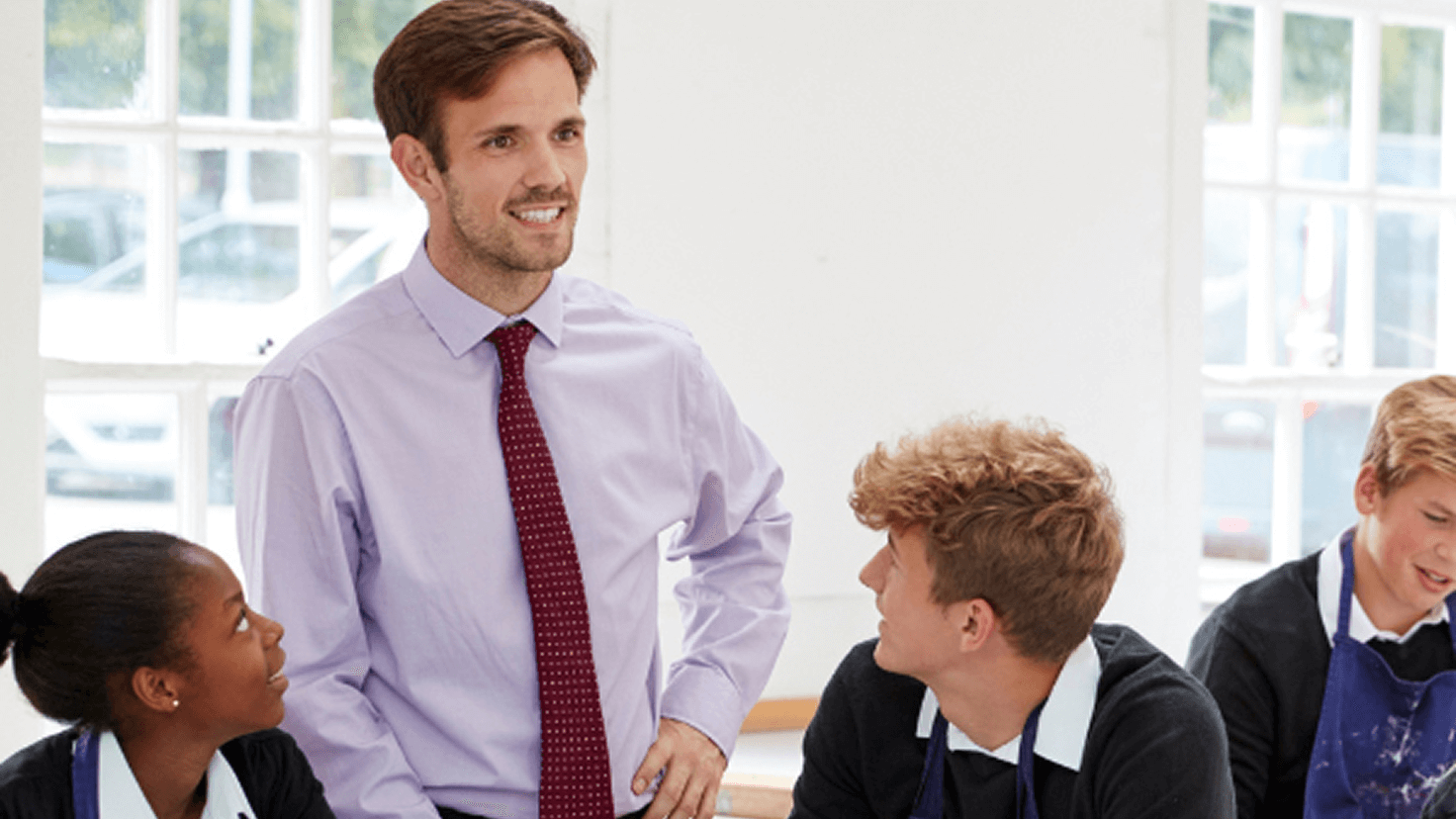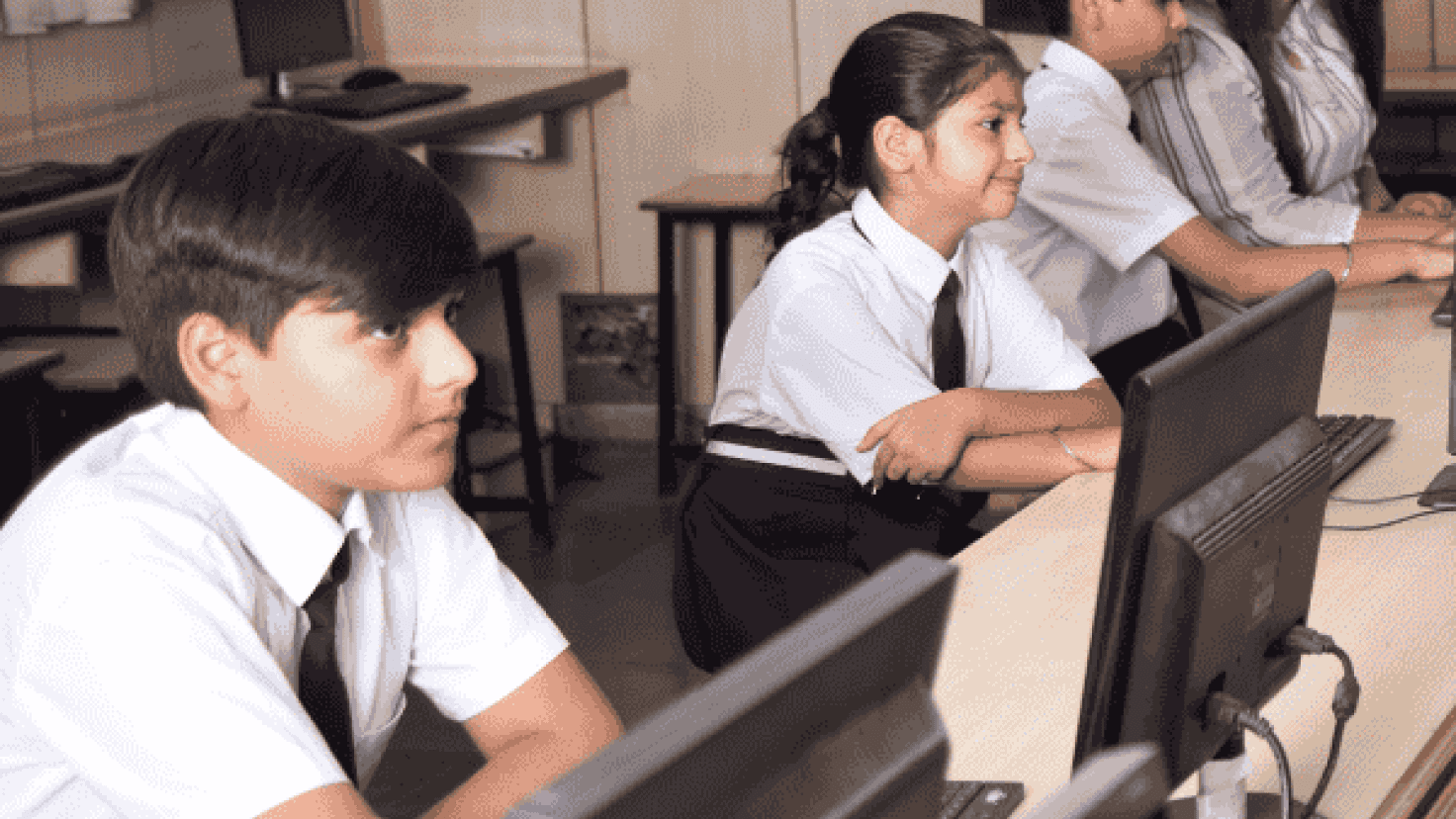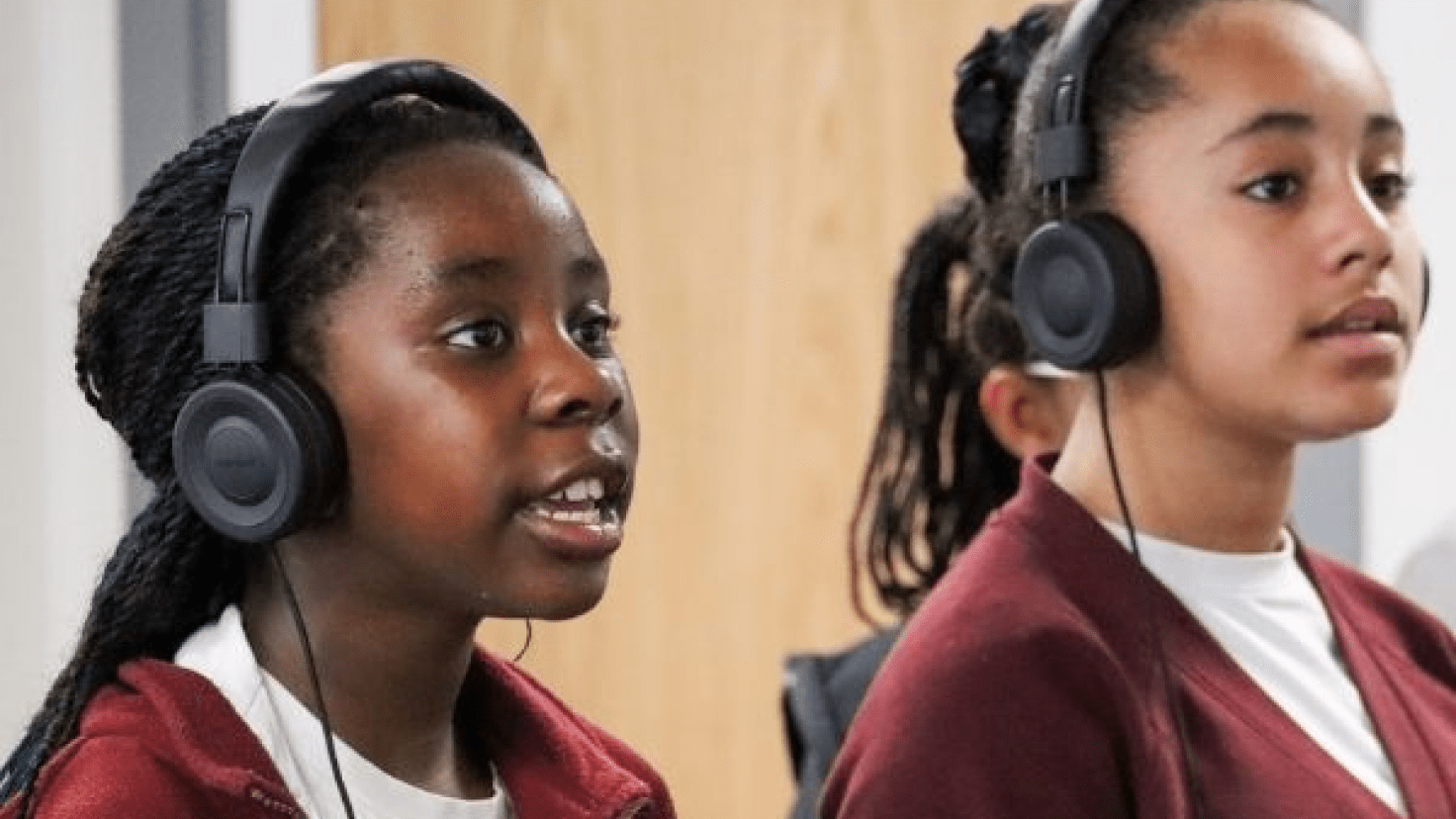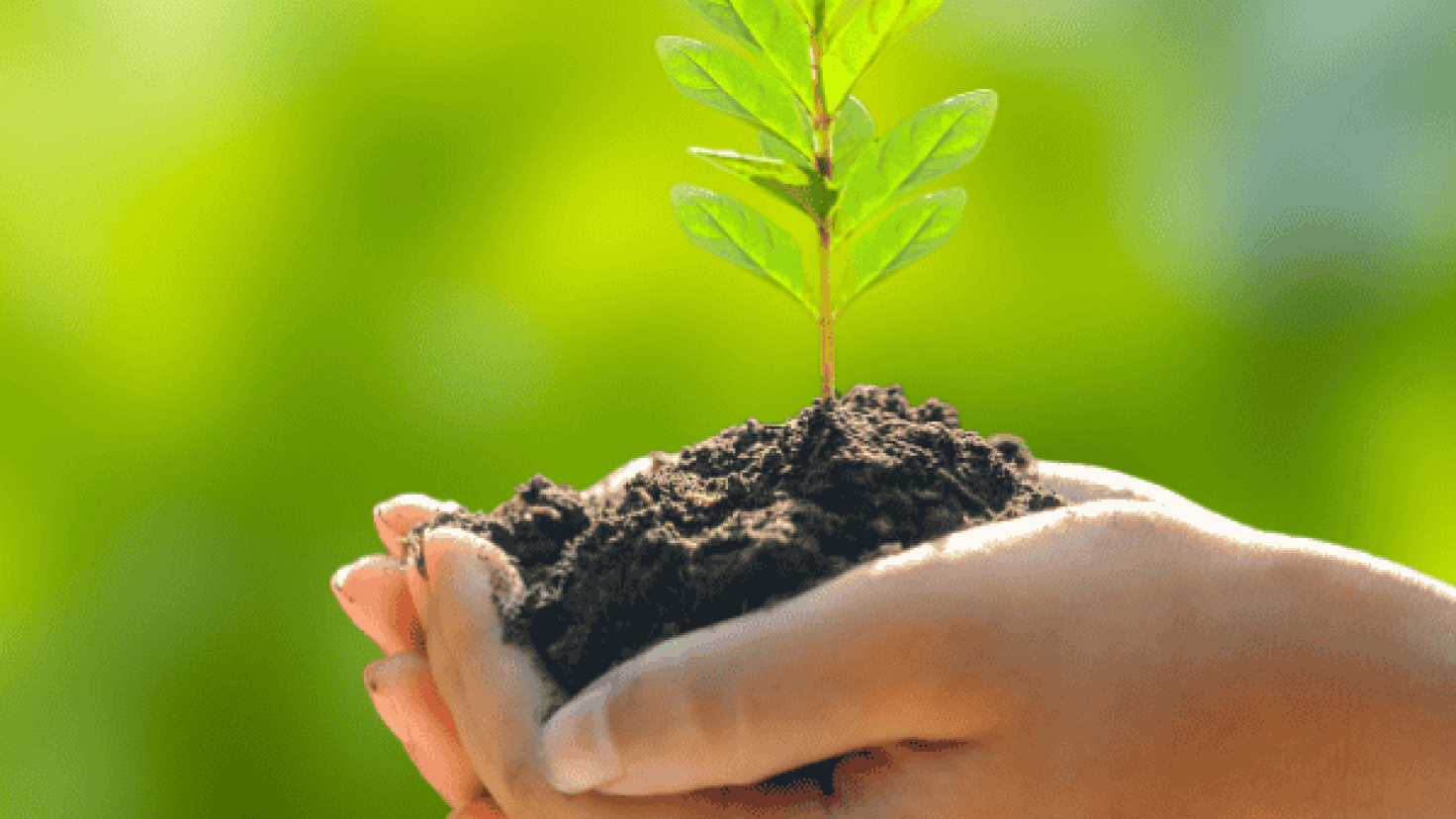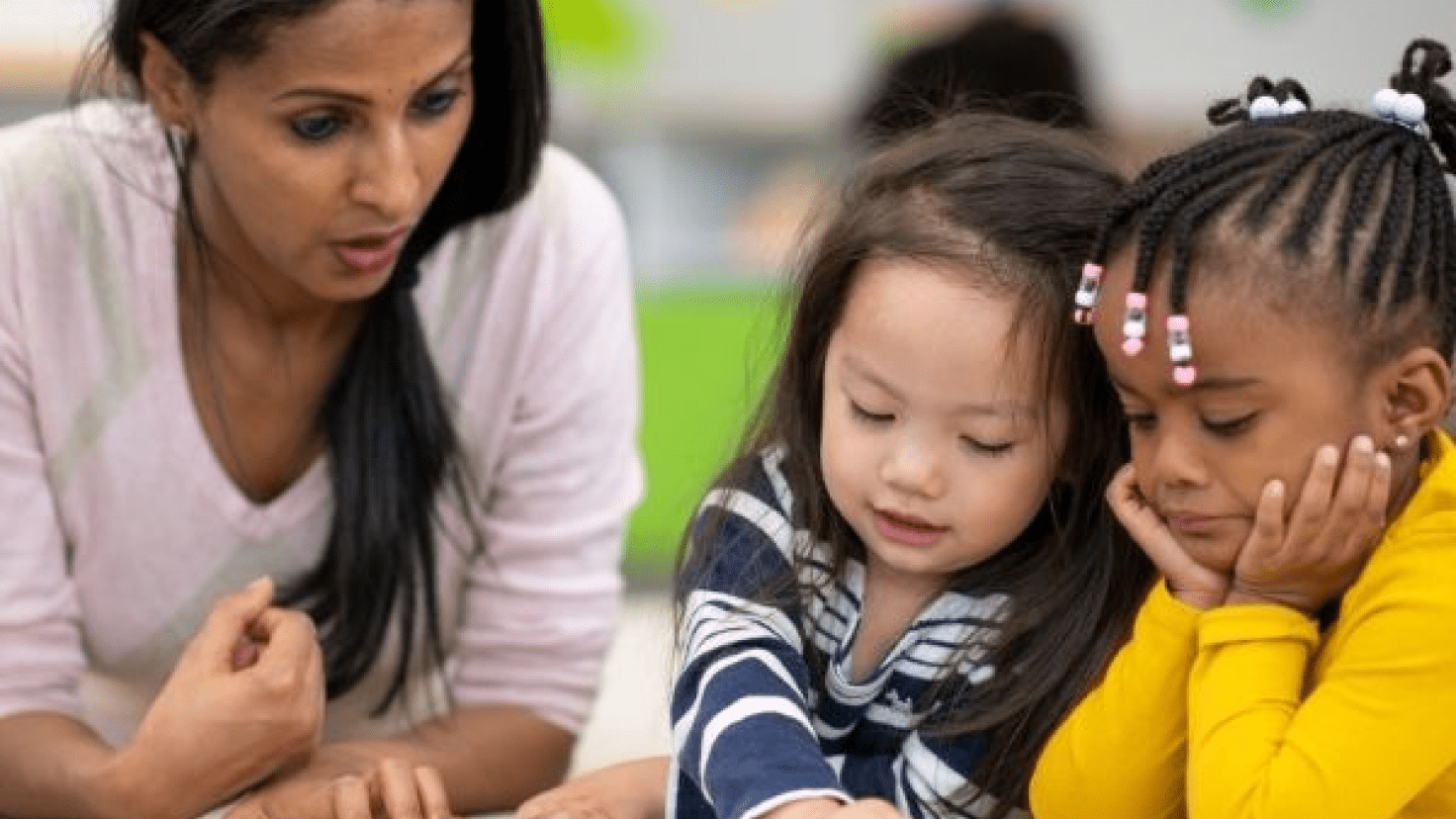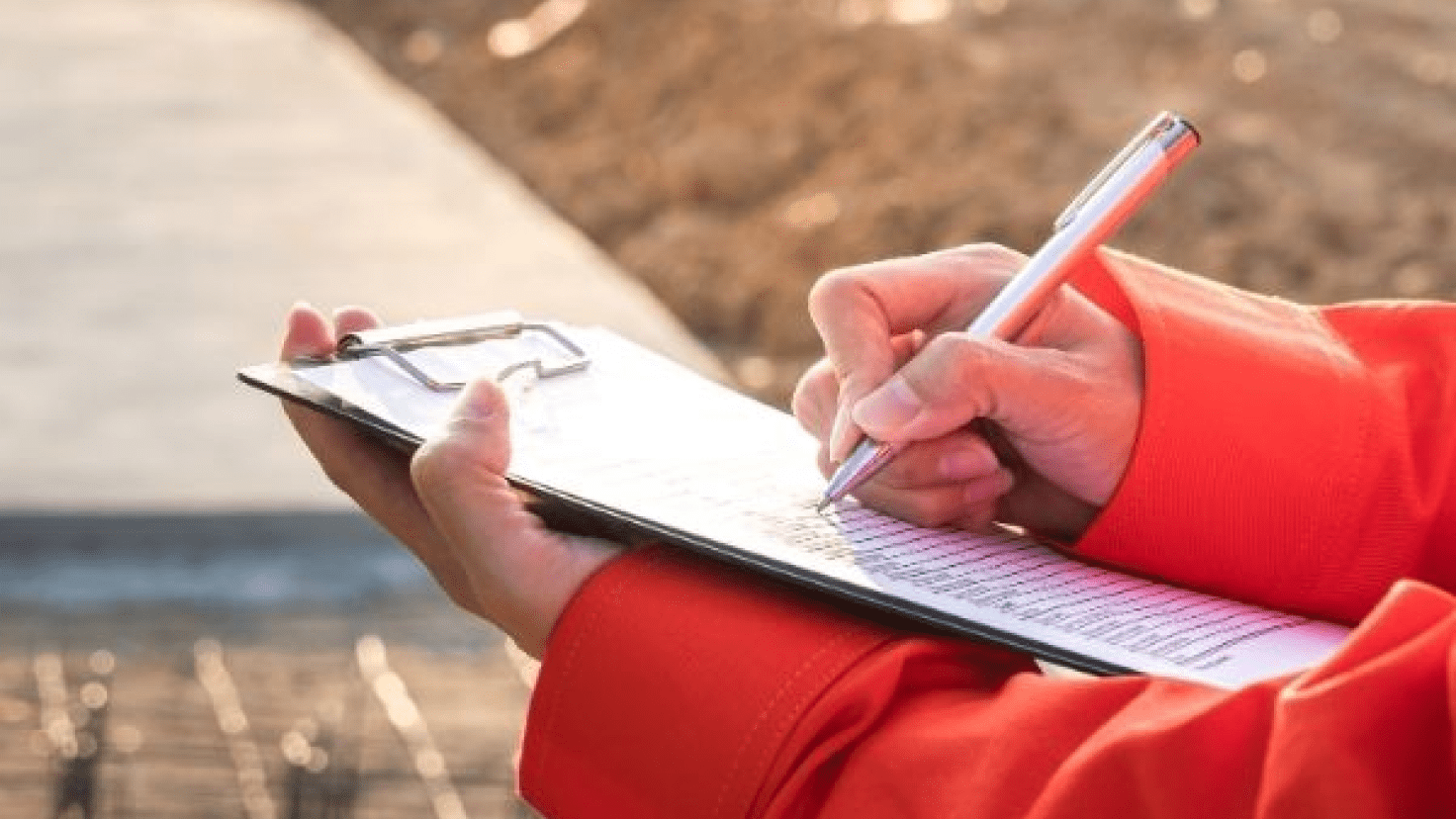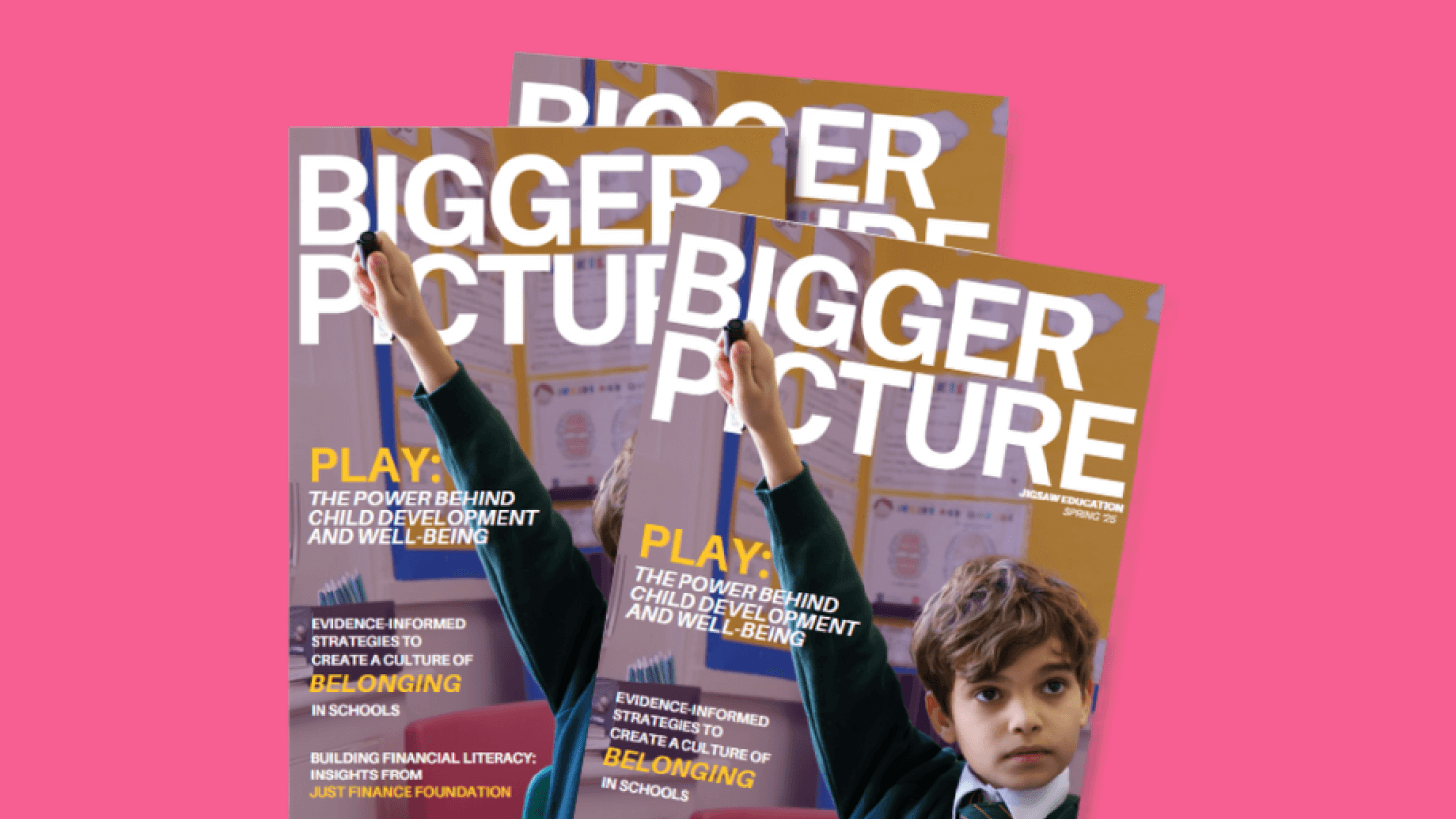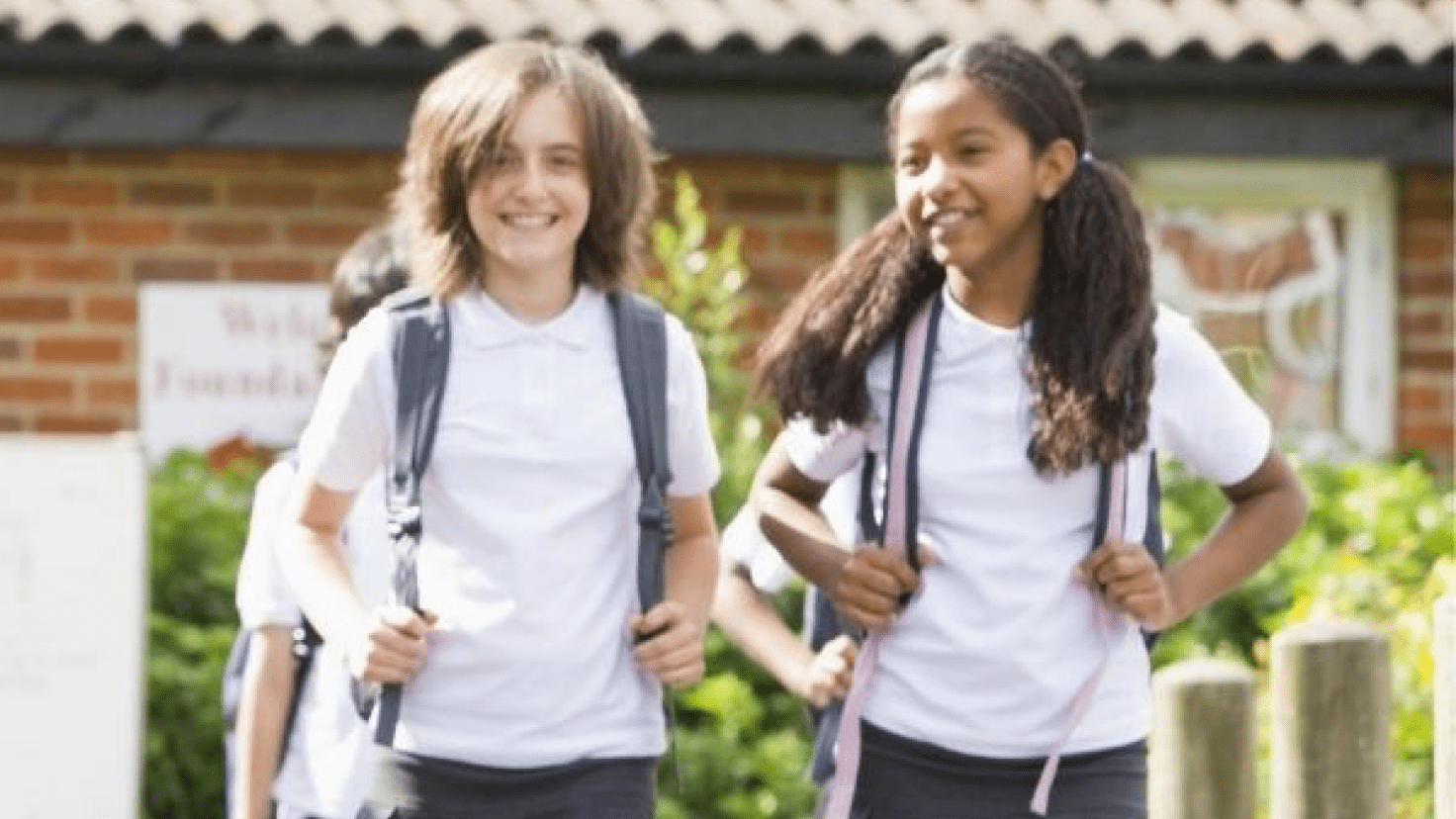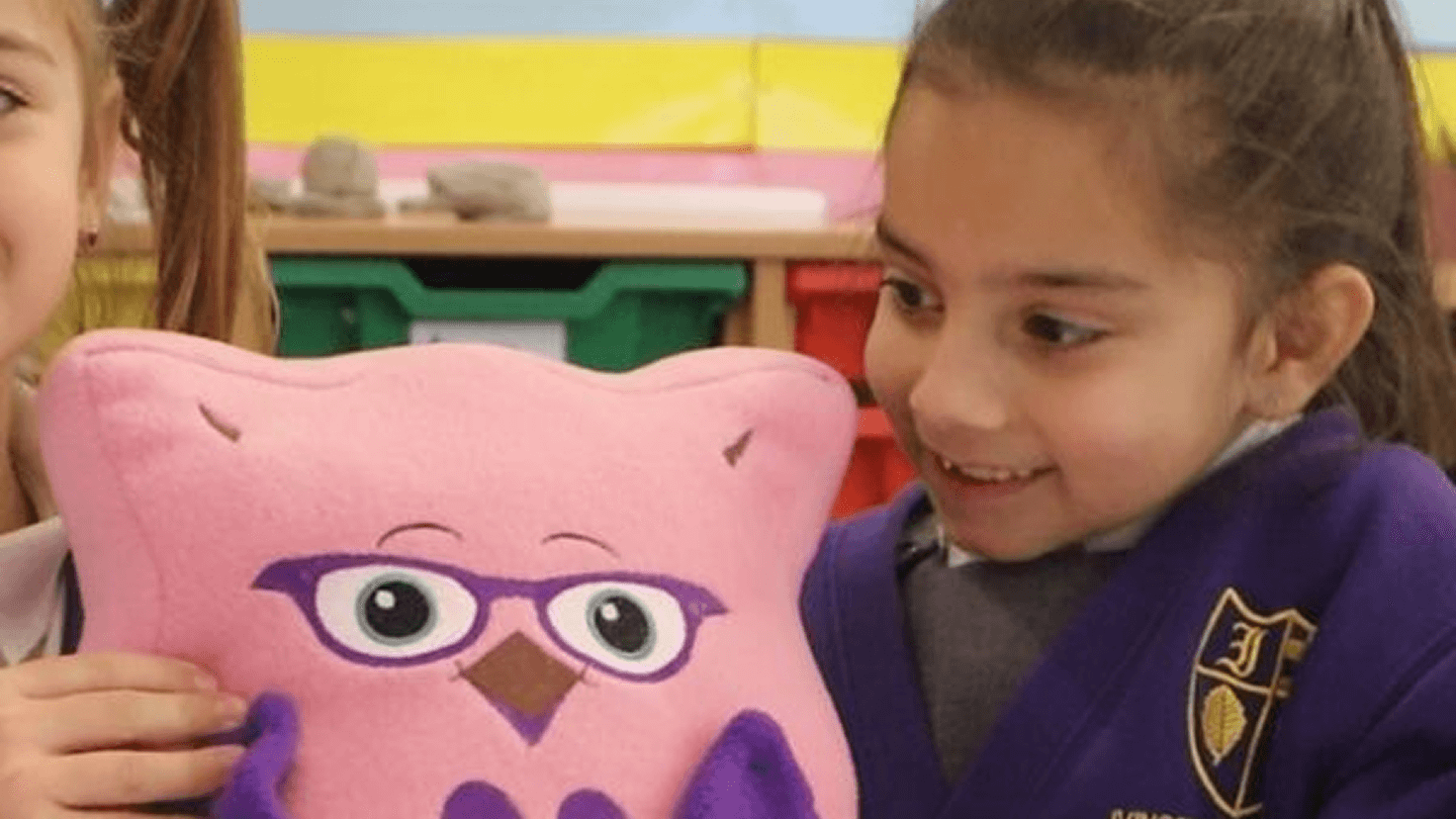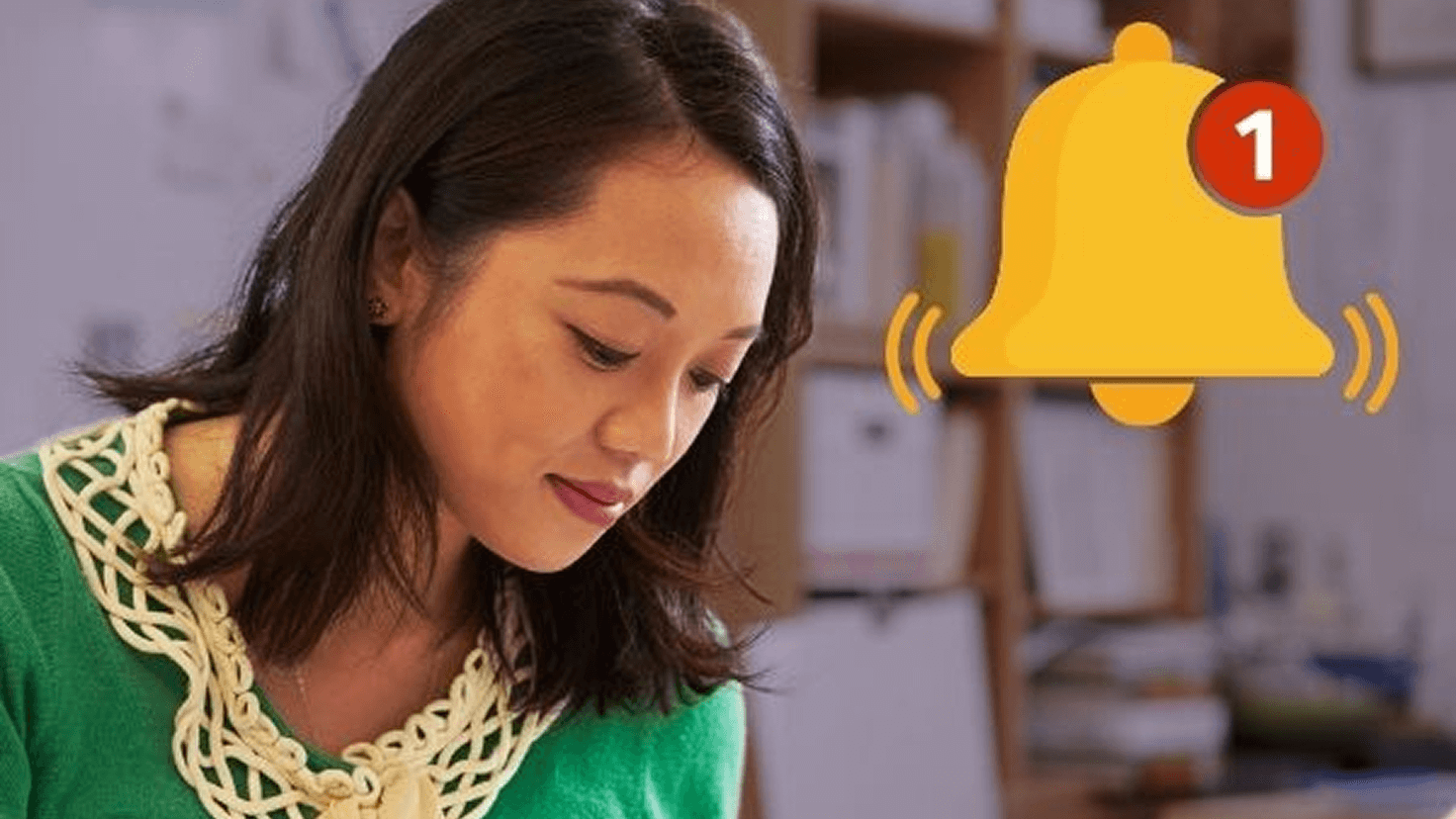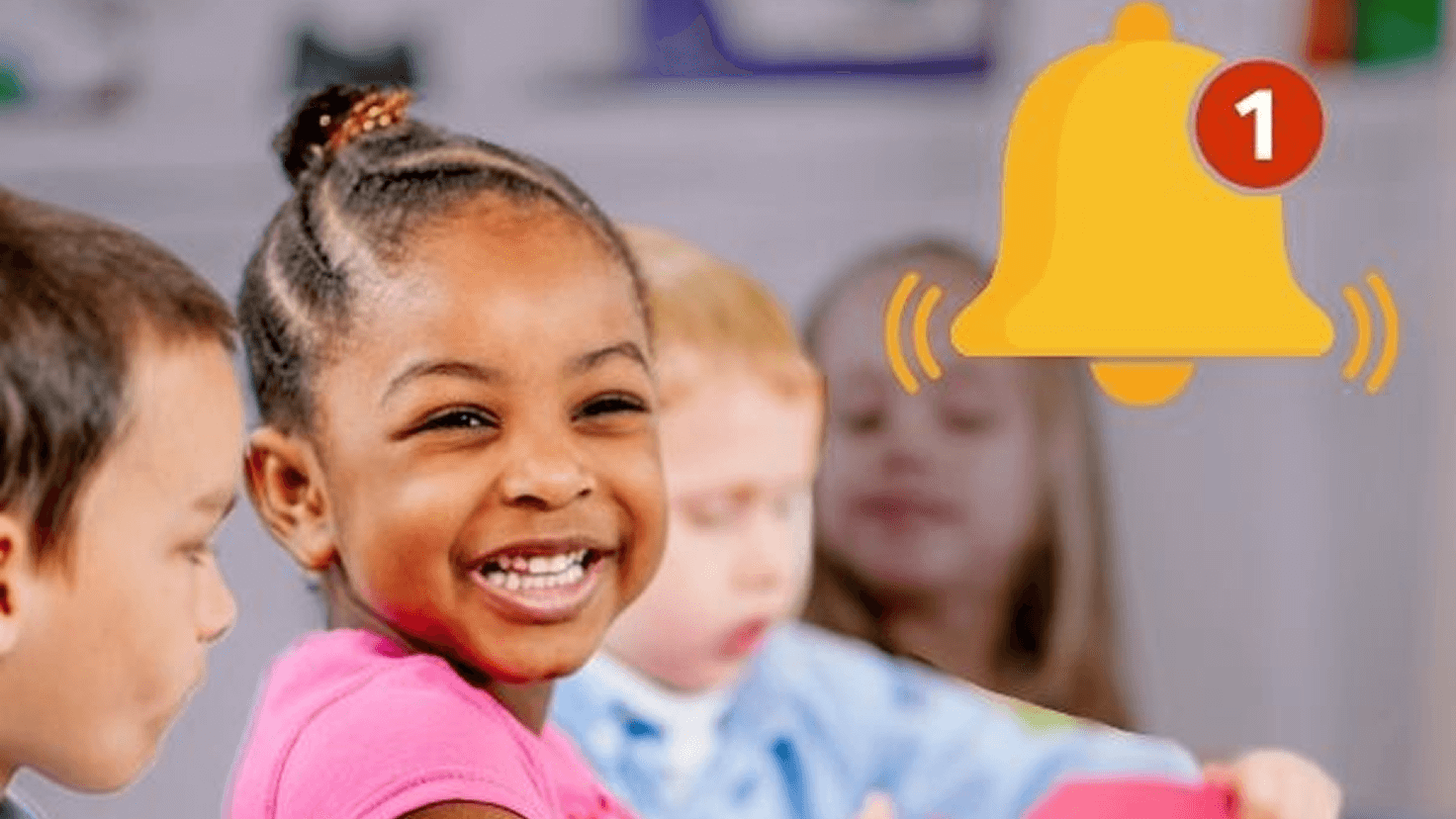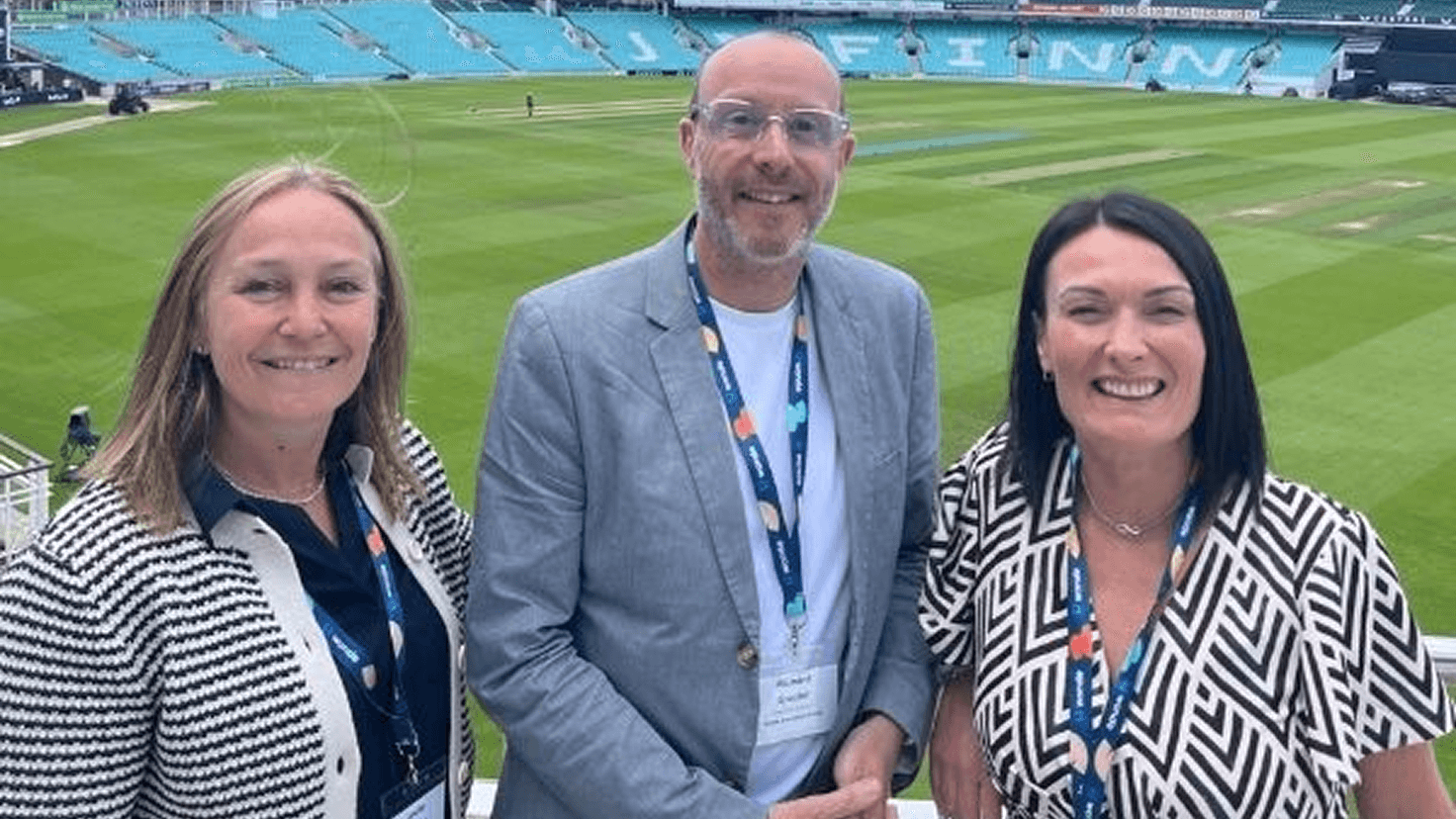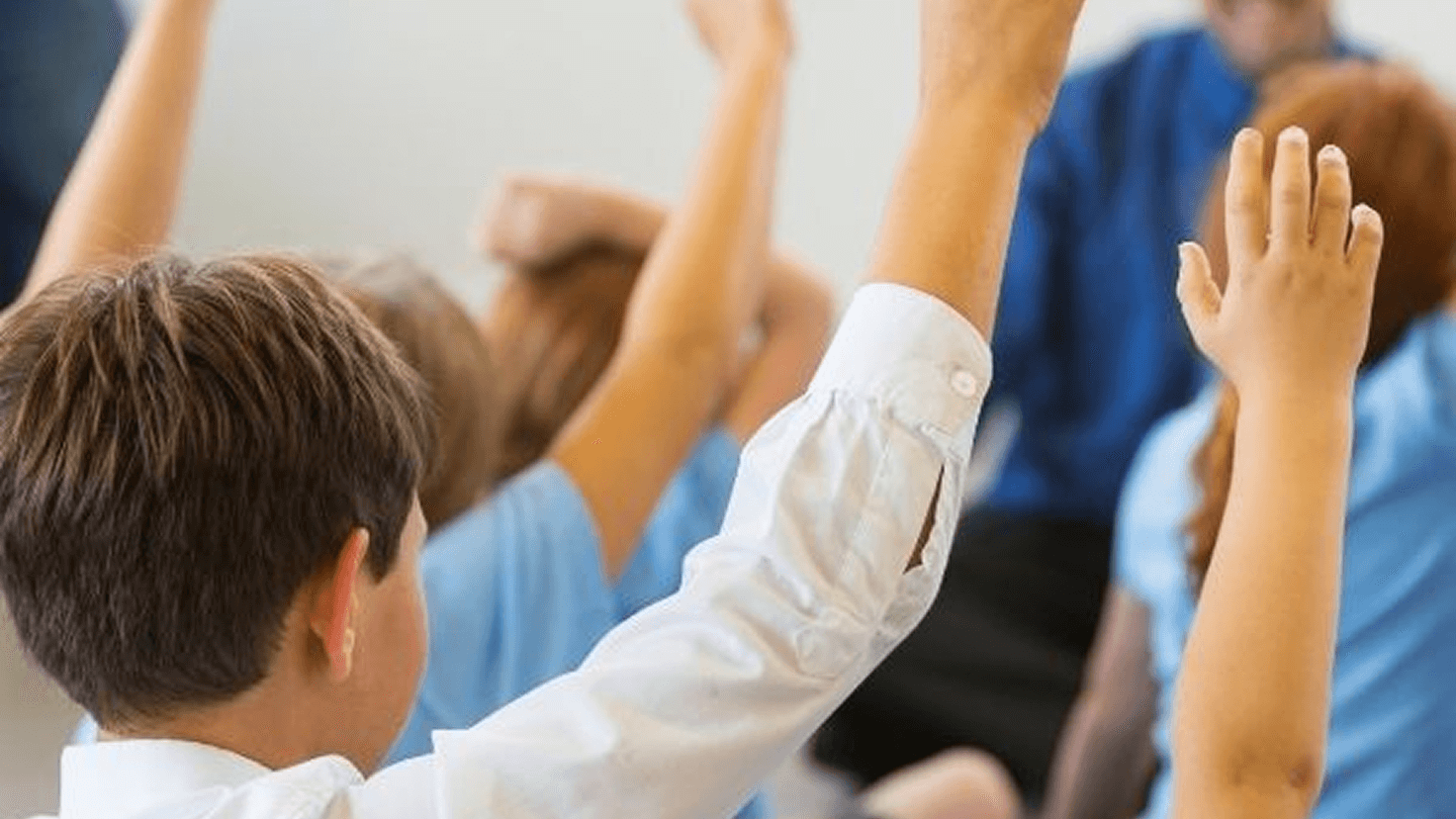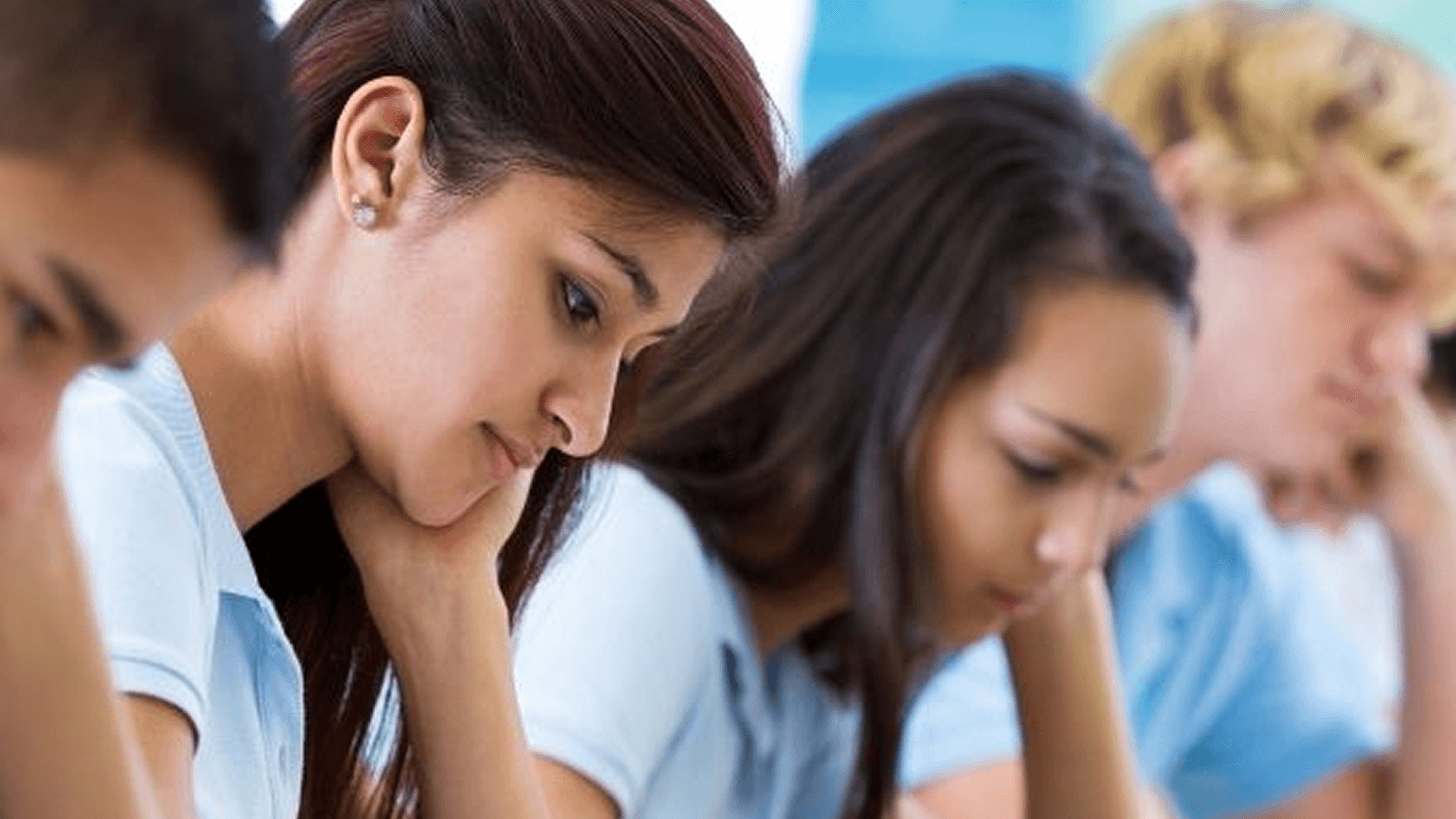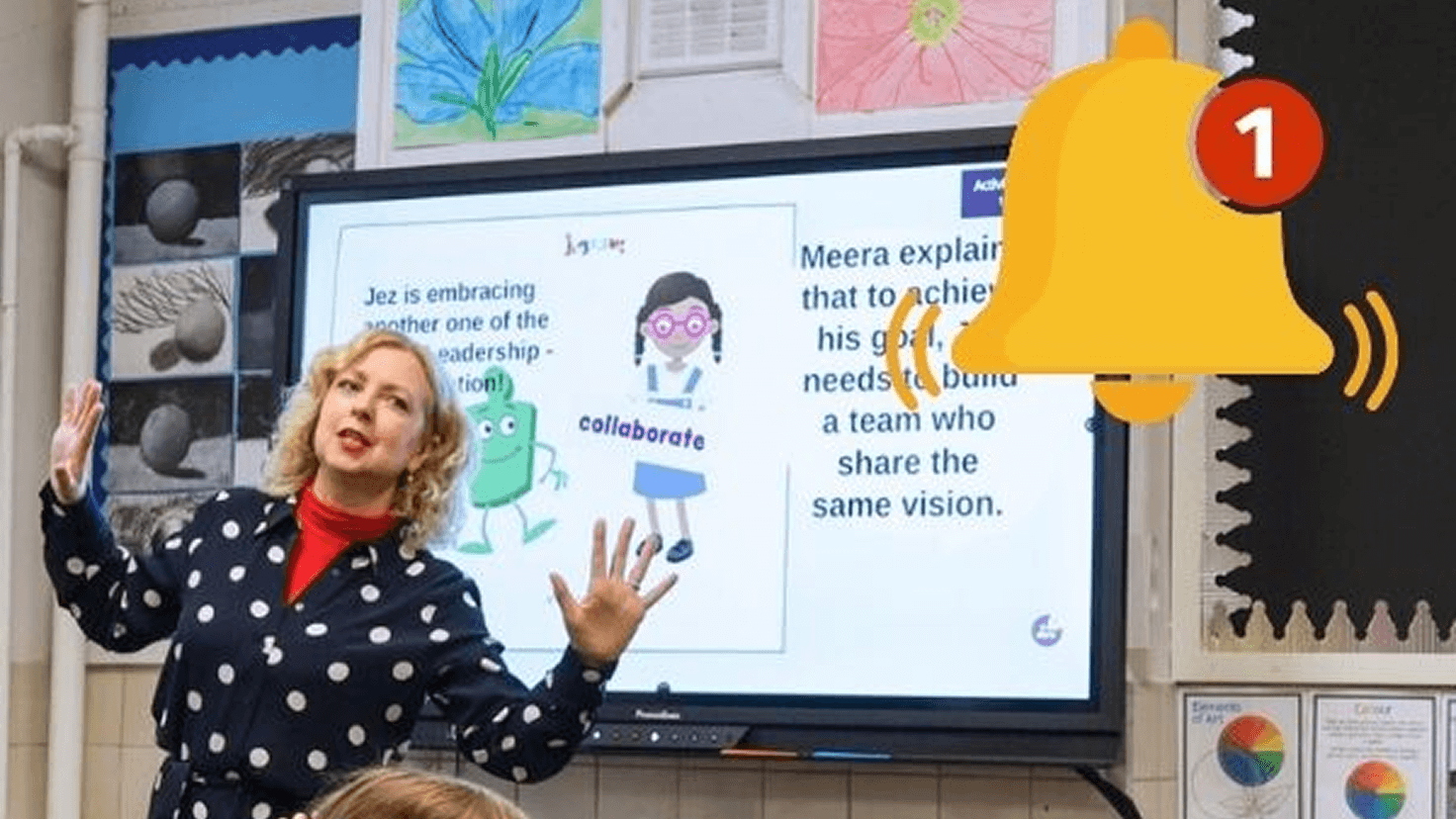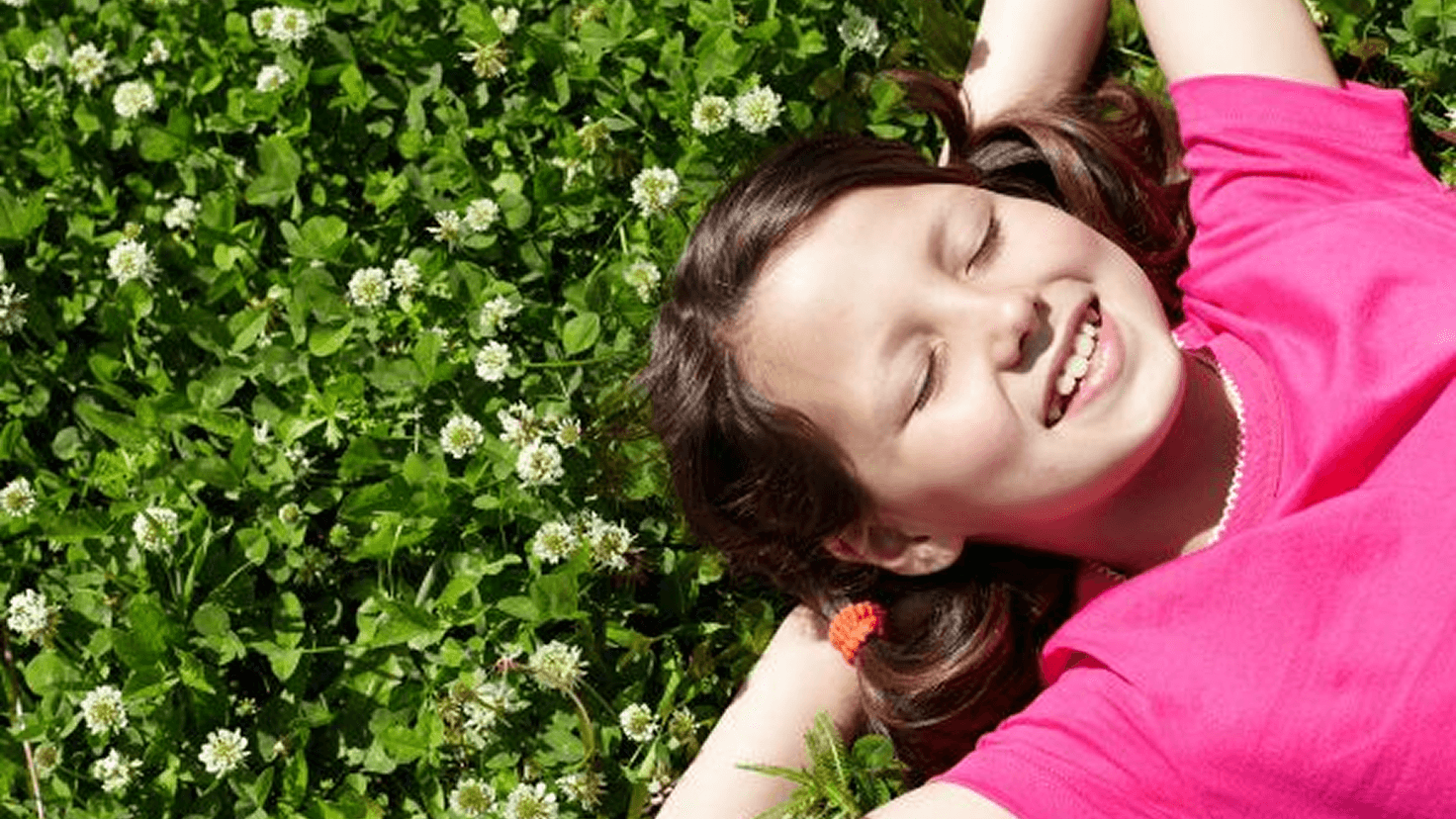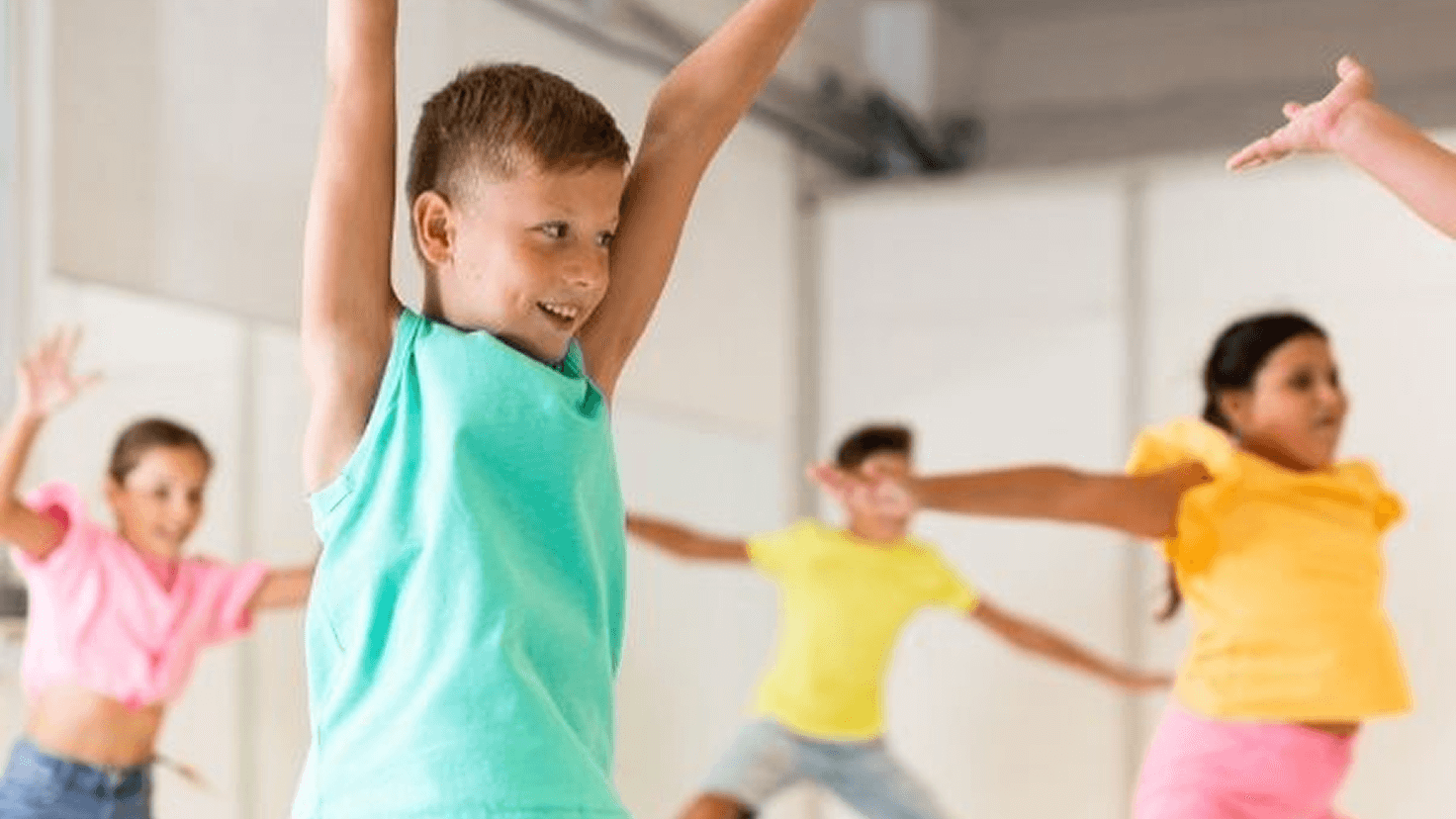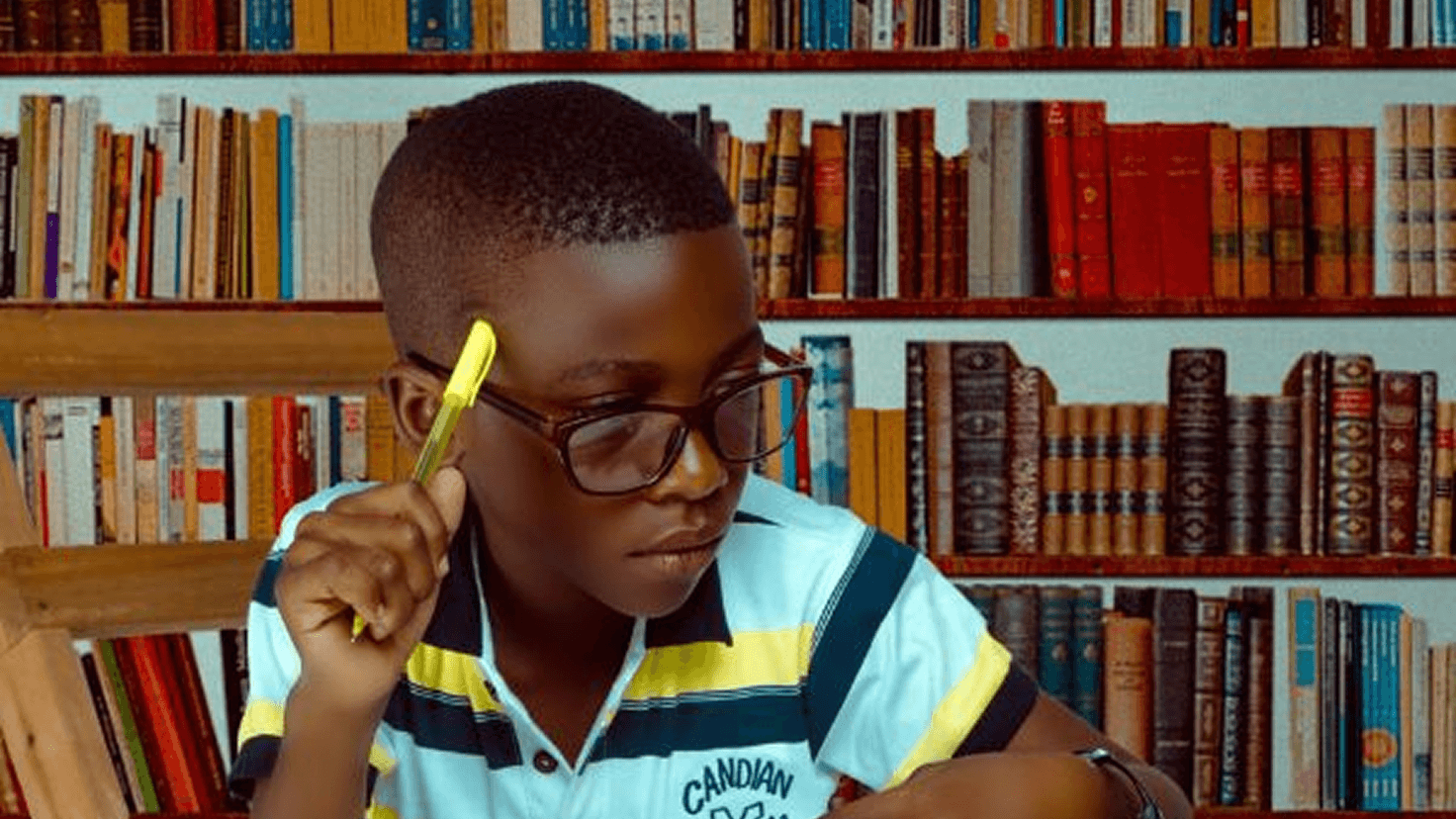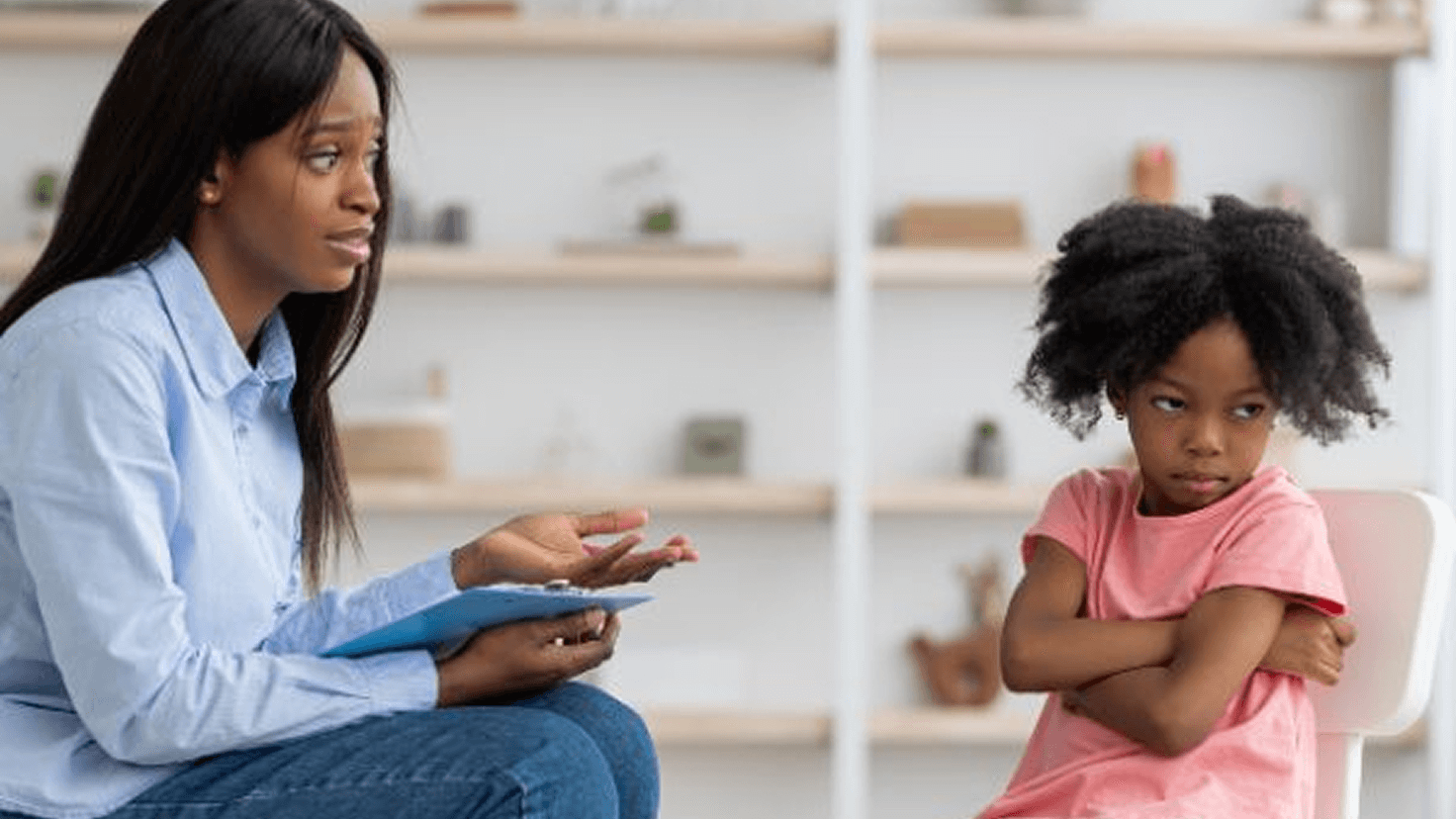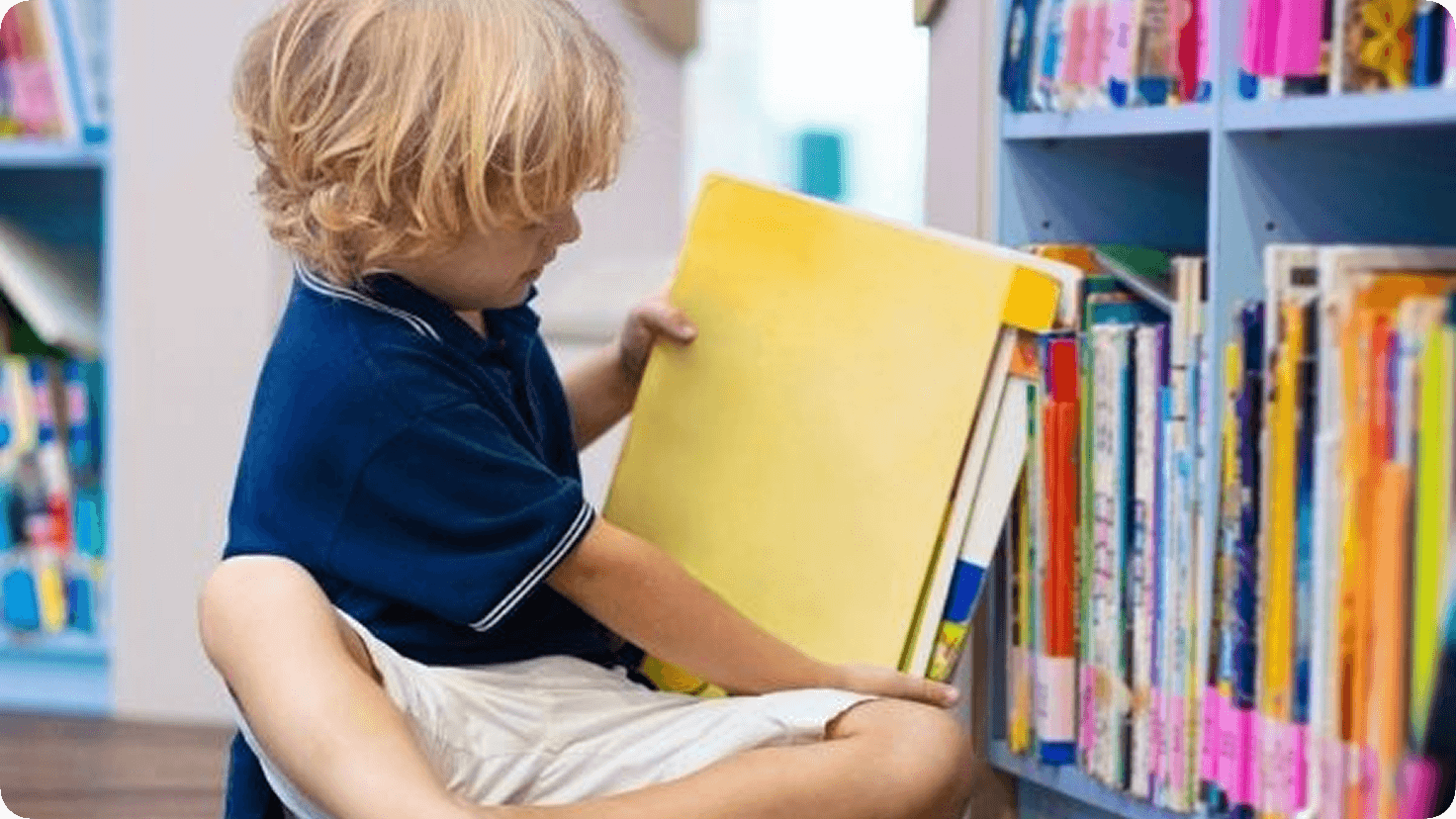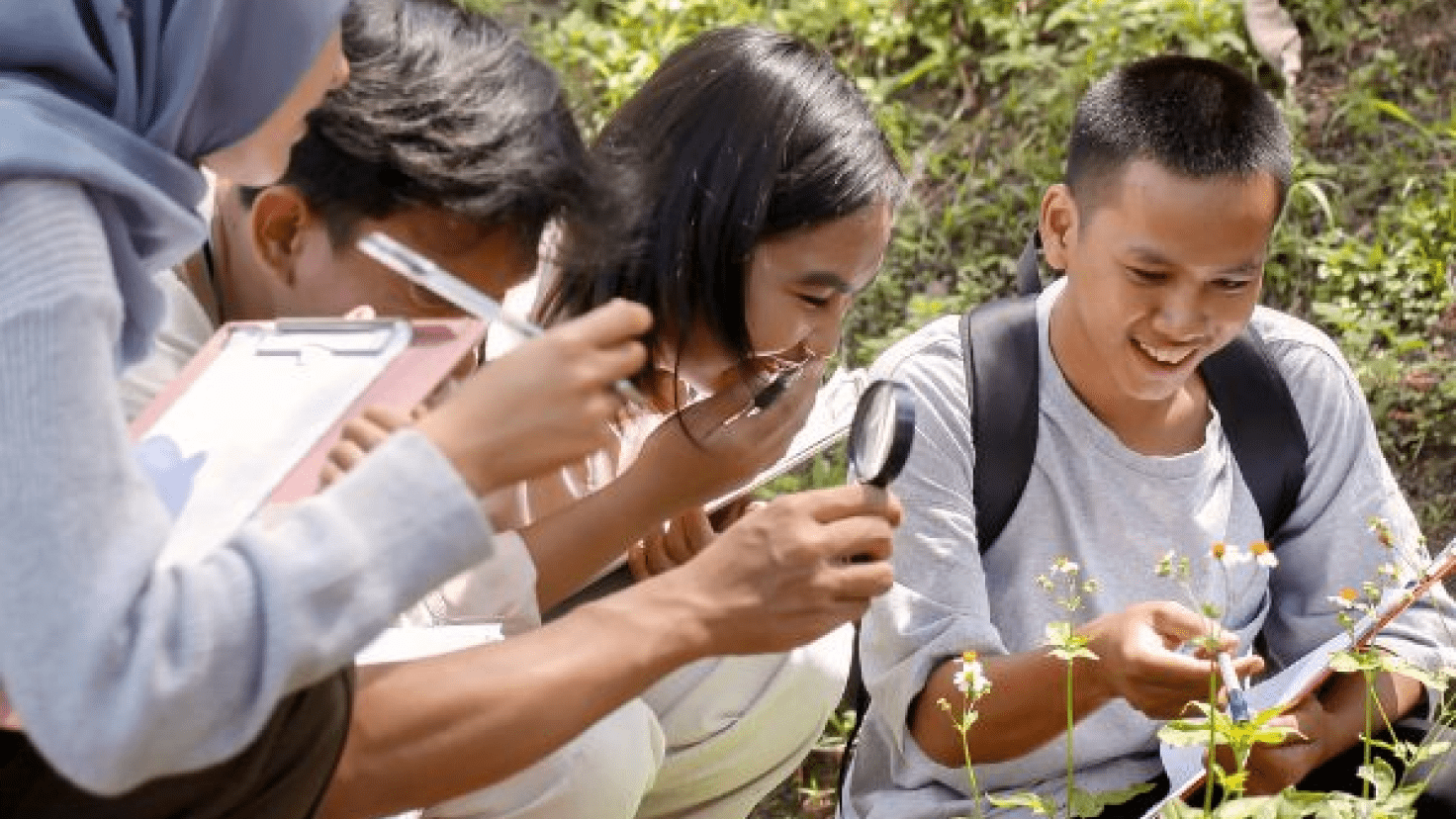Articles & Updates
23 June 2025
How to Avoid Burnout?

So what exactly is burnout?
Burnout is a state of emotional, physical and mental exhaustion caused by excessive and prolonged stress. It occurs when an individual feels overwhelmed, emotionally drained and unable to meet constant demands. The creep of burnout can be insidious. Everyday pressures can build up and affect your stress levels without you even being aware that it is happening.
Whilst elevated stress isn’t a mental health problem in itself, it can often lead to anxiety and depression. It can also lead to physical health problems such as cardiovascular disease and joint and muscle problems through prolonged tension.
Understanding your own relationship with stress is fundamental in terms of your personal well-being and mental health. There are various ways that you can help yourself to avoid burnout and here are a few suggestions:
1. Unplug yourself
A number of studies have alerted us to the mental health implications of excessive Internet-browsing, texting, gaming, emailing and social media. FOMO has been recognised as an emerging psychological disorder brought on by the advance of technology. It is an acronym standing for the expression ‘fear of missing out’.
Whilst you will want to know what is going on in the word right now, it is important to limit your exposure to news, as it will trigger anxiety.
2. Replenish yourself
Imagine you are a car. You will only get so far on the fuel that you have in your tank. If you don’t stop along the way to refuel you will conk out! It is so important to create moments of sanctuary within your day to replenish your physical and mental energy. Find time to rest and relax so that you can recharge.
2. Set personal boundaries
Personal boundaries are essential to healthy relationships and managing unnecessary stress. Having healthy boundaries is about knowing and understanding what your limits are. To set healthy boundaries you need to consider what you can tolerate and accept and what makes you feel uncomfortable or stressed.
Boundaries are a sign of a healthy relationship with yourself and a sign of self-respect. Putting yourself first also gives you the energy, peace of mind and positive outlook to be more present with others and be there for them. It is essential to give yourself the permission to set boundaries and work to preserve them.
3. Practice mindfulness
The term mindfulness comes from Eastern spiritual and religious traditions. It is a very old concept and is a key part of Buddhism and also appears in Hindu writings. A great deal of scientific research now shows that the mindful approach to stress, anxiety and mental health is a very helpful and popular way of dealing with and diffusing high levels of stress.
5. Sleep well
Lack of good quality sleep can affect your memory, judgment and mood. Stress levels can increase when the length and quality of sleep decreases. Sometimes you may find yourself lying in bed worrying and feeling anxious, which can make it almost impossible to relax enough to fall asleep.
Poor quality sleep can take its toll on both your physical and mental health so it is essential to understand how to invest in quality sleep, which will play a big part in helping you to avoid burnout.
About the Author
Liggy Webb is an award winning and bestselling author, presenter and international consultant. She is also the founding director of The Learning Architect, an international consortium of behavioural skills specialists. She is recognised as a thought leader on human resilience and works with a wide range of businesses focusing on optimising potential through continual learning and behavioural agility.
Some of the organisations that Liggy has worked with includes the NHS, the BBC, Walt Disney, the International Telecommunication Union, the World Trade Organization, the United Nations and various public and private sector organisations, charities and universities.
Liggy believes that the diversity of her clients has provided her with a tremendous insight into the many and varied challenges that people currently face in a rapidly changing and often volatile world.
She has written over thirty-five books (including her bite-sized book series) on a variety of life skills that help people to be happier, healthier, and more productive. Liggy is passionate about distilling complexity and creating light, accessible and practical resources.
The guiding principles of her book on resilience through change has also been televised for a series with the BBC world service.
